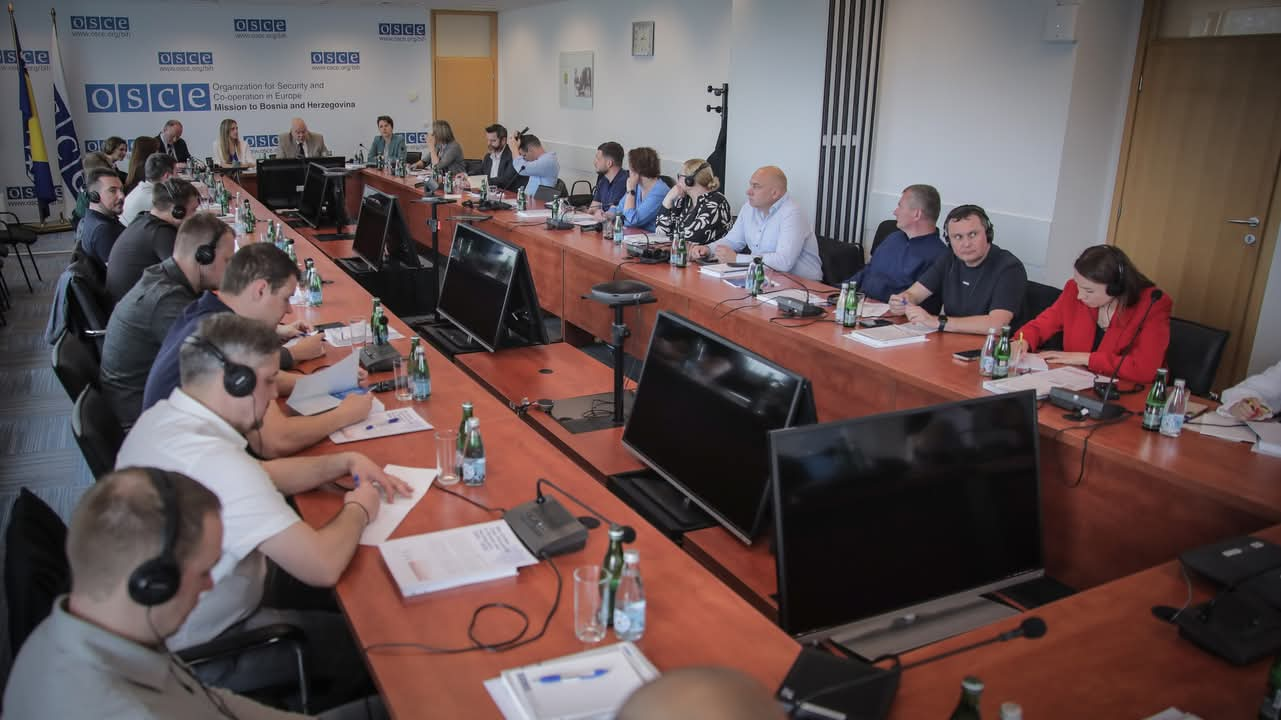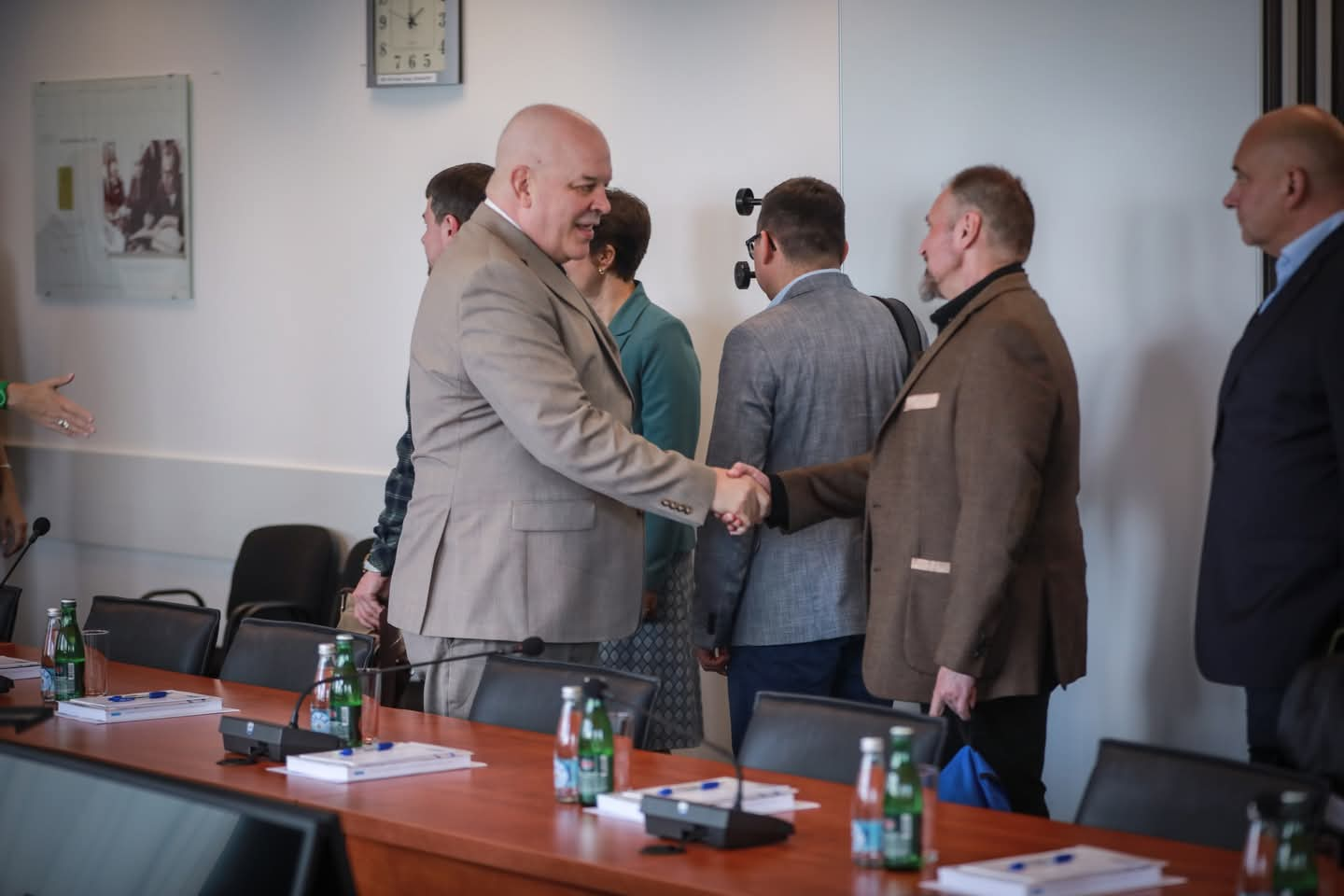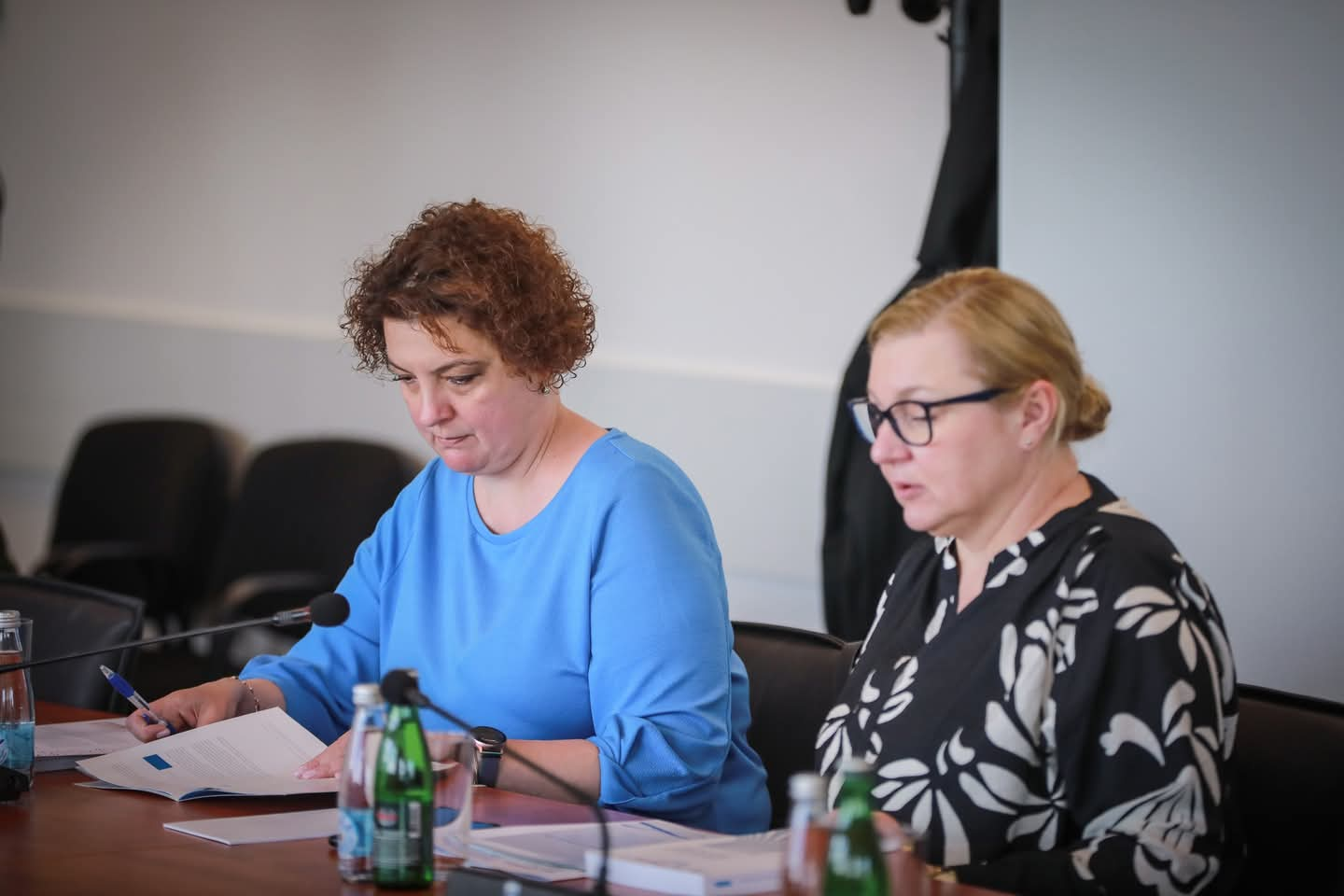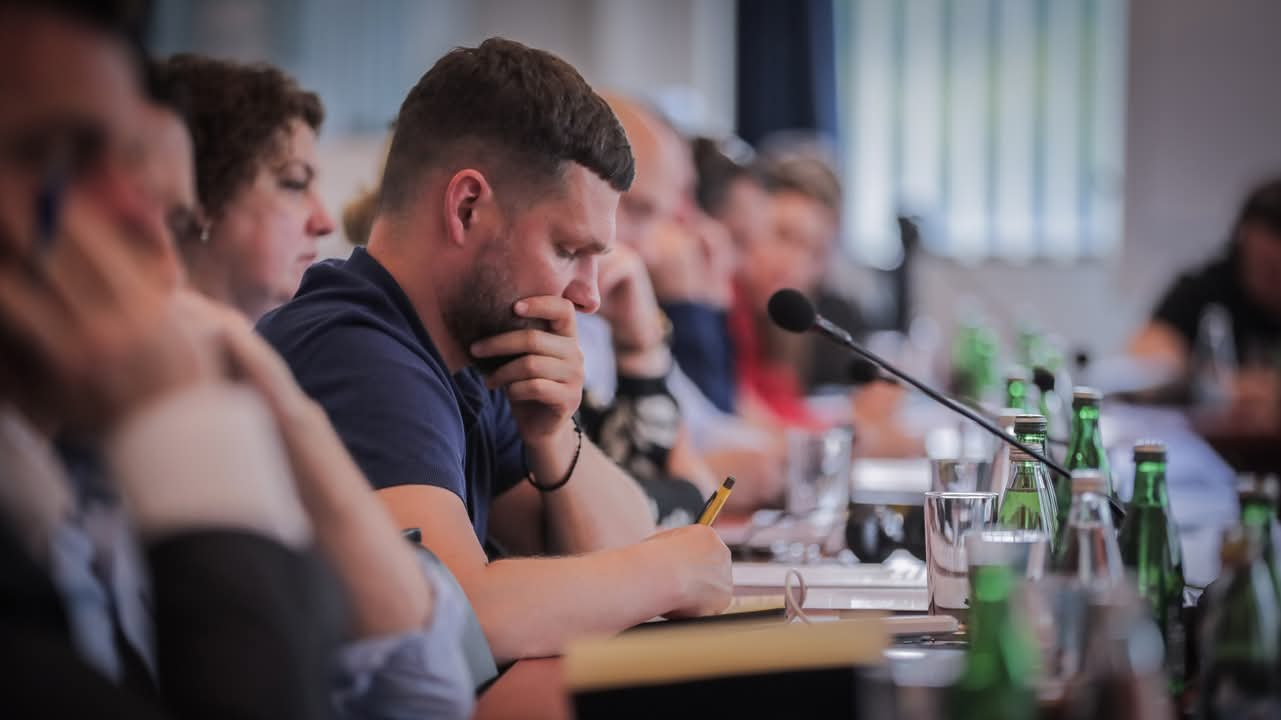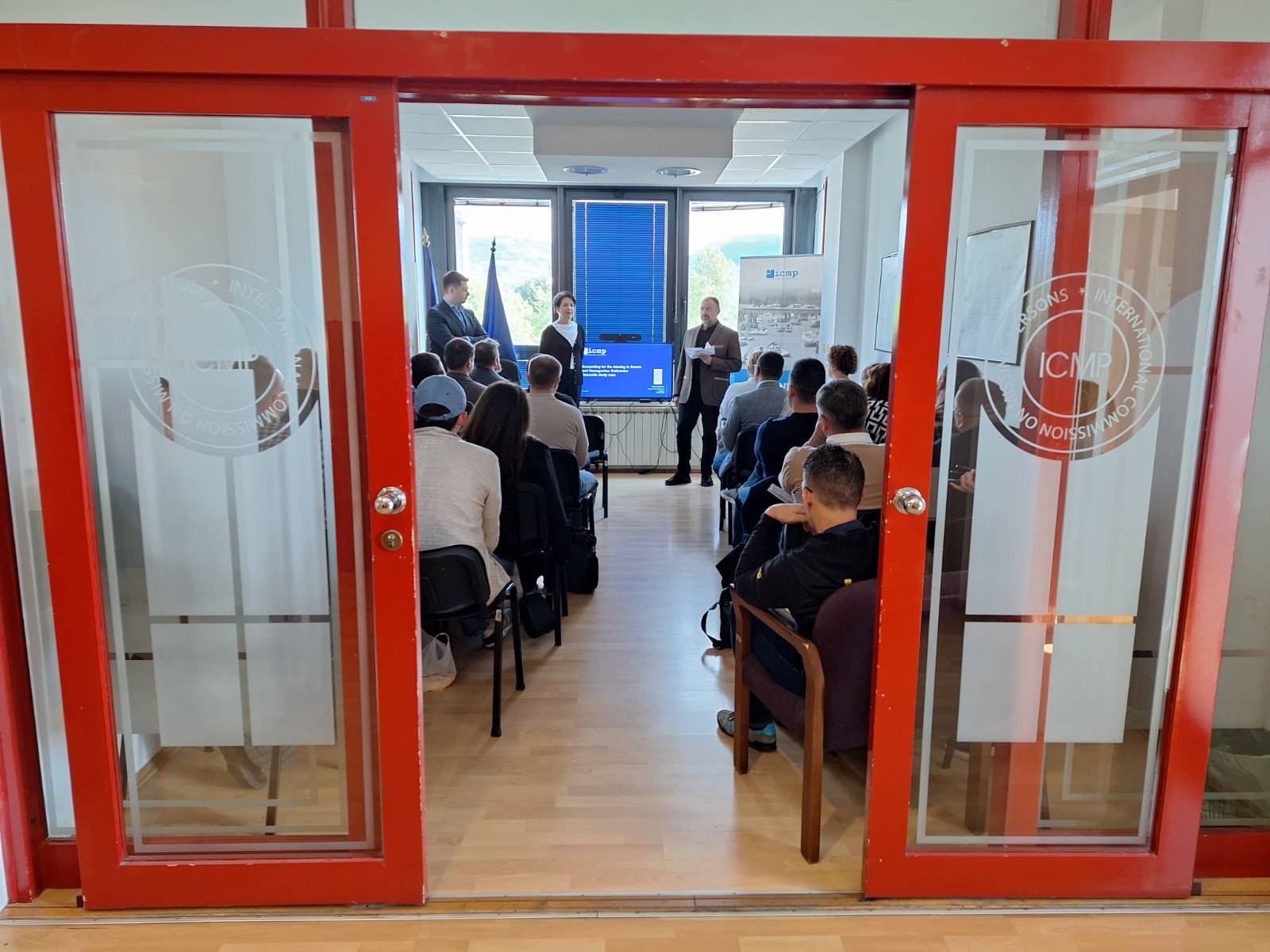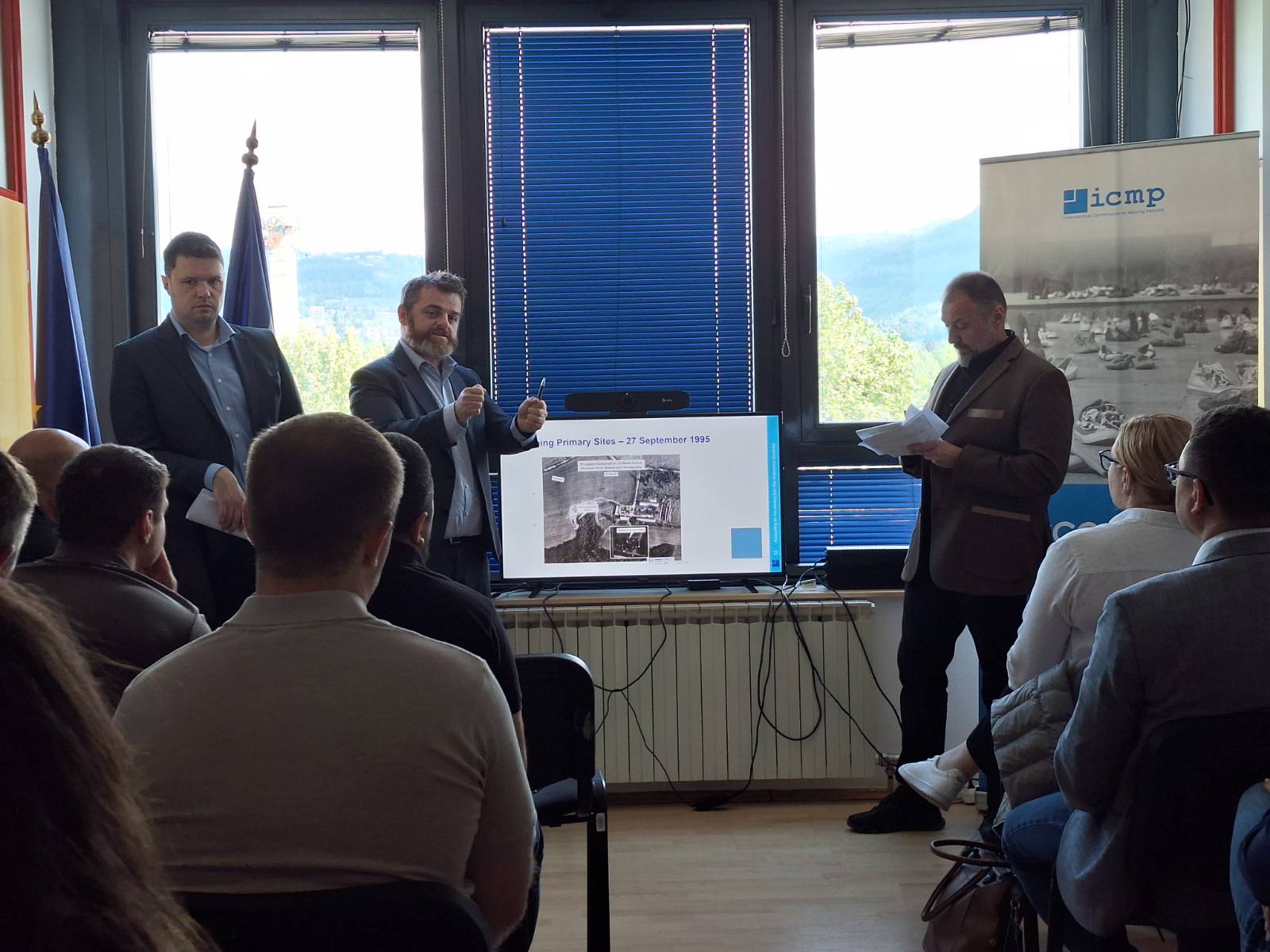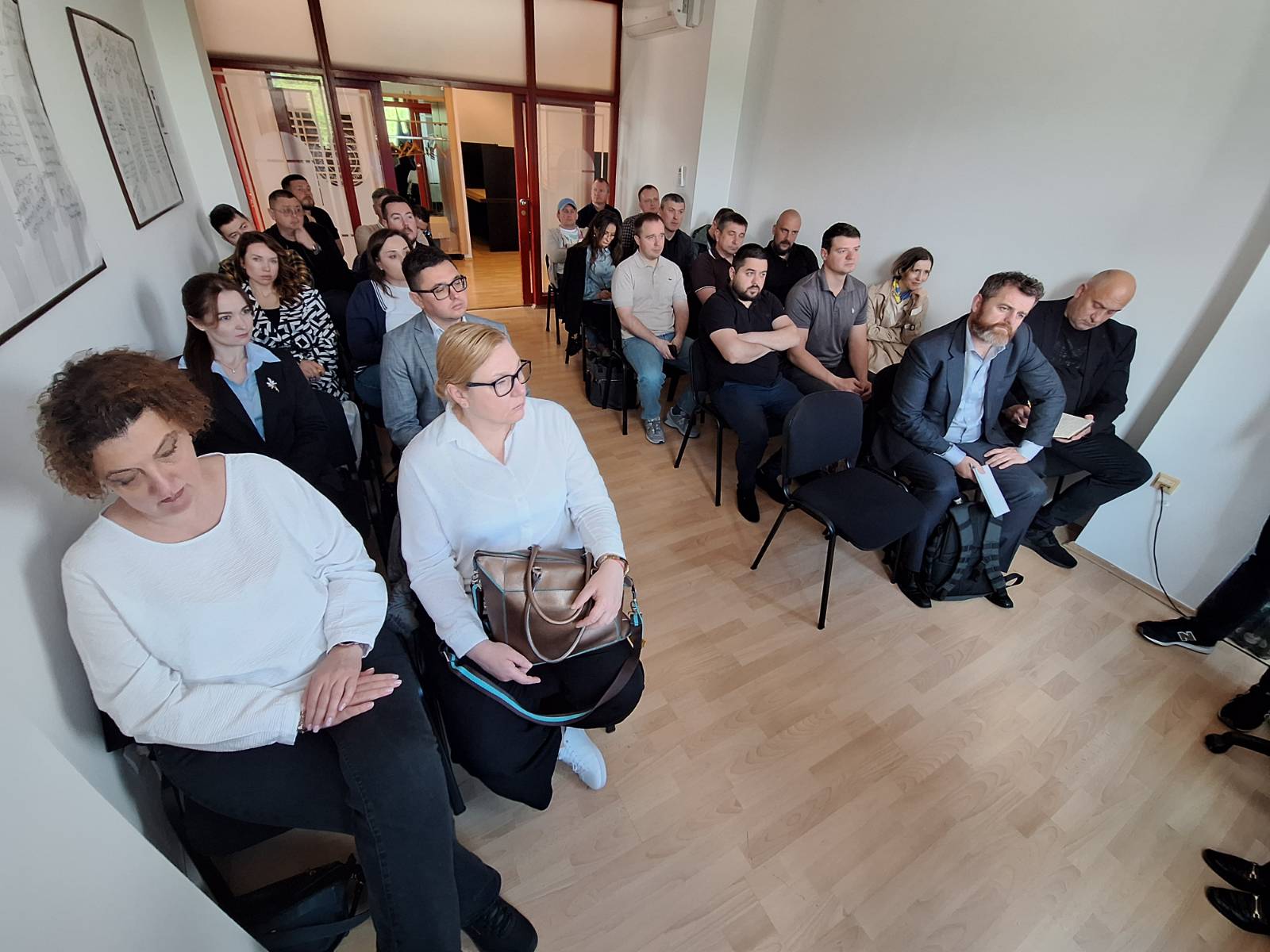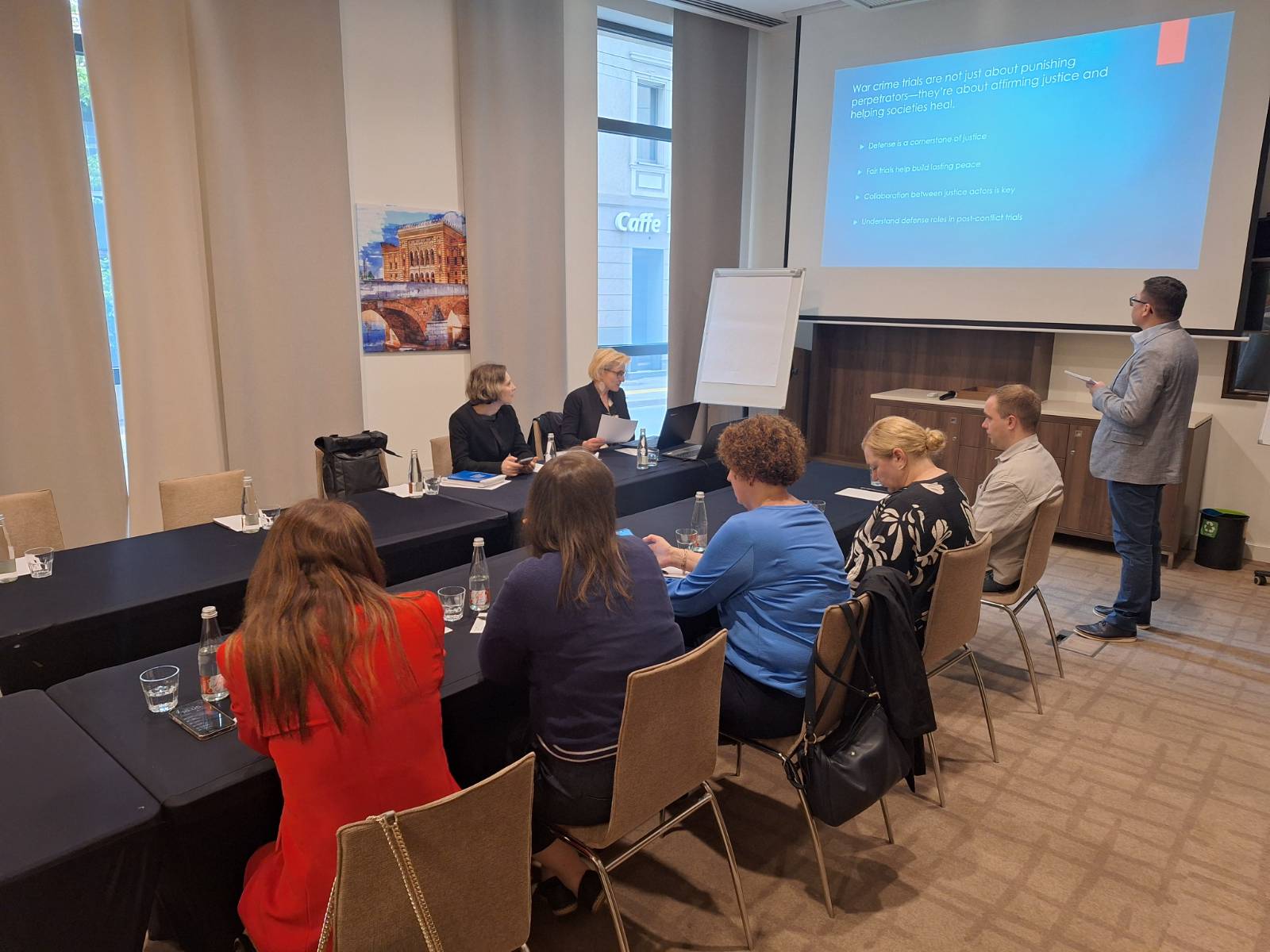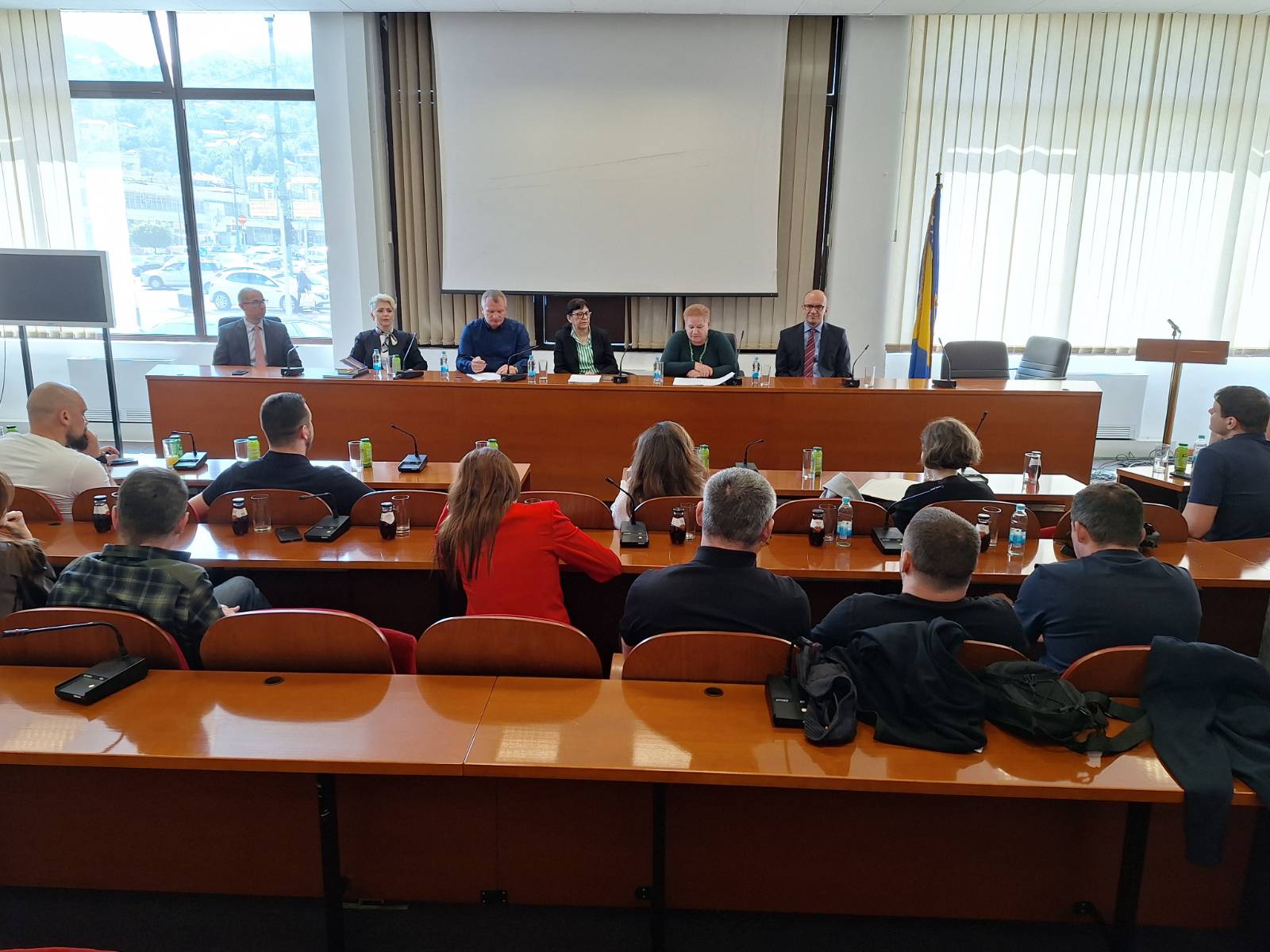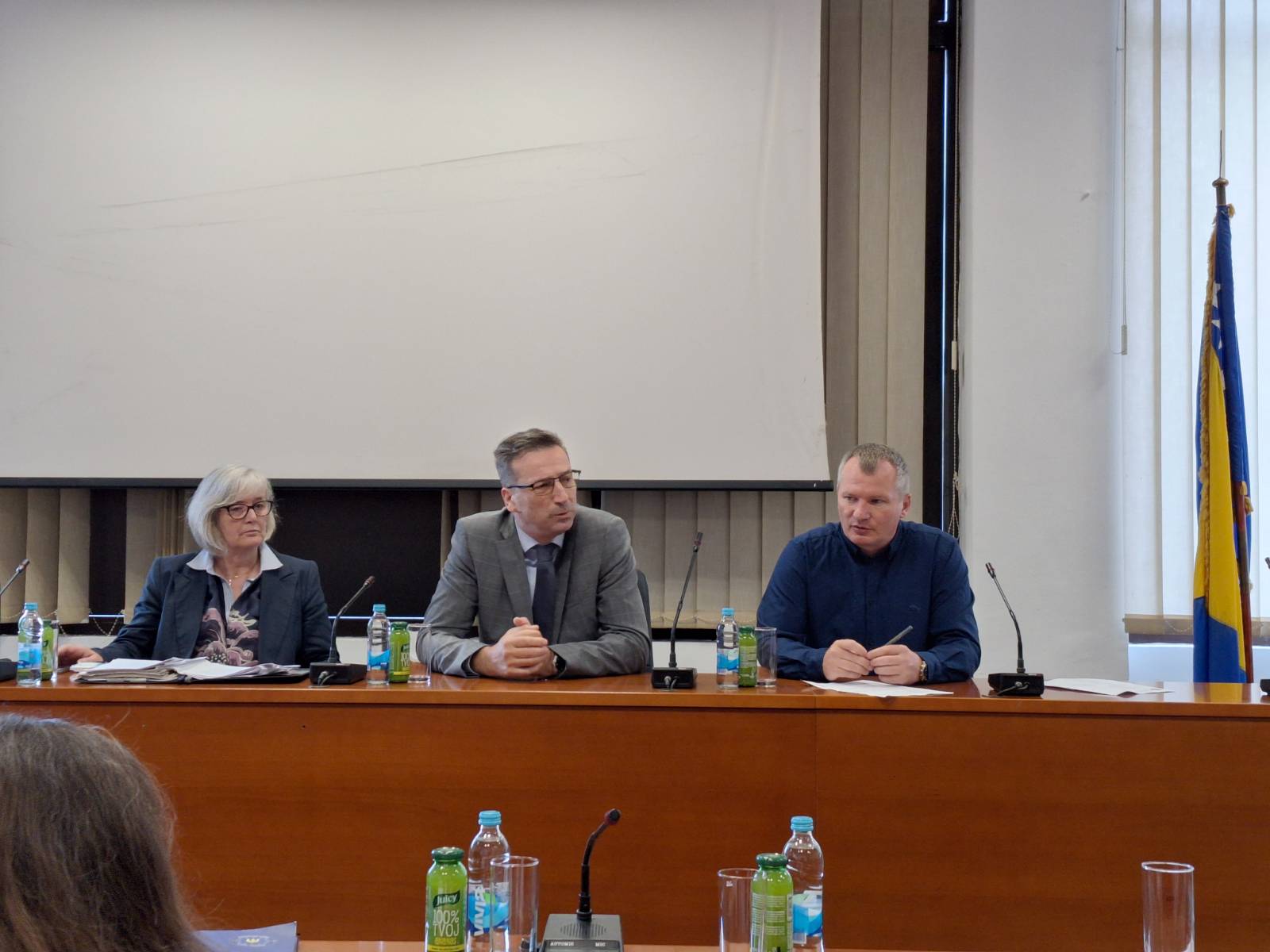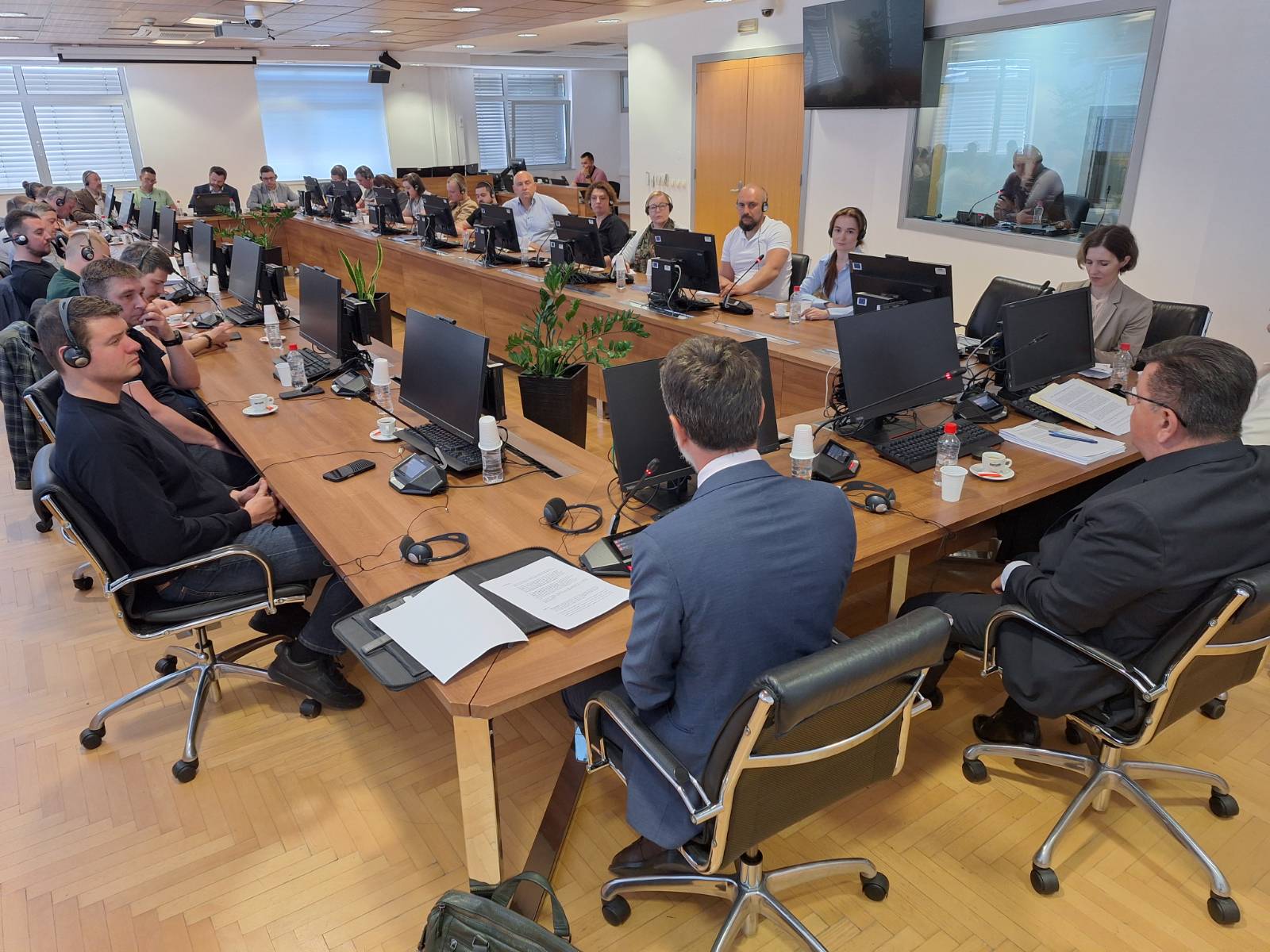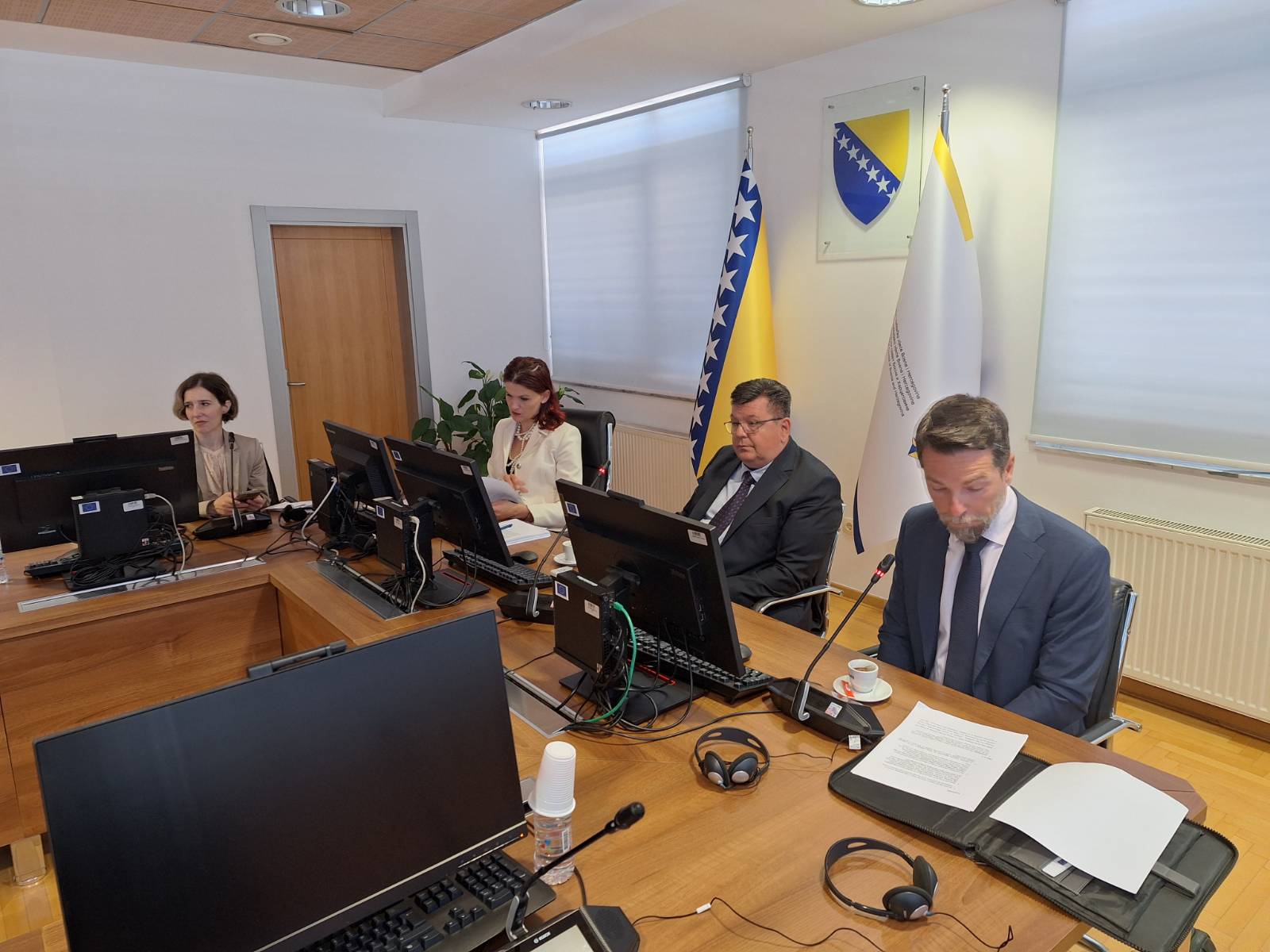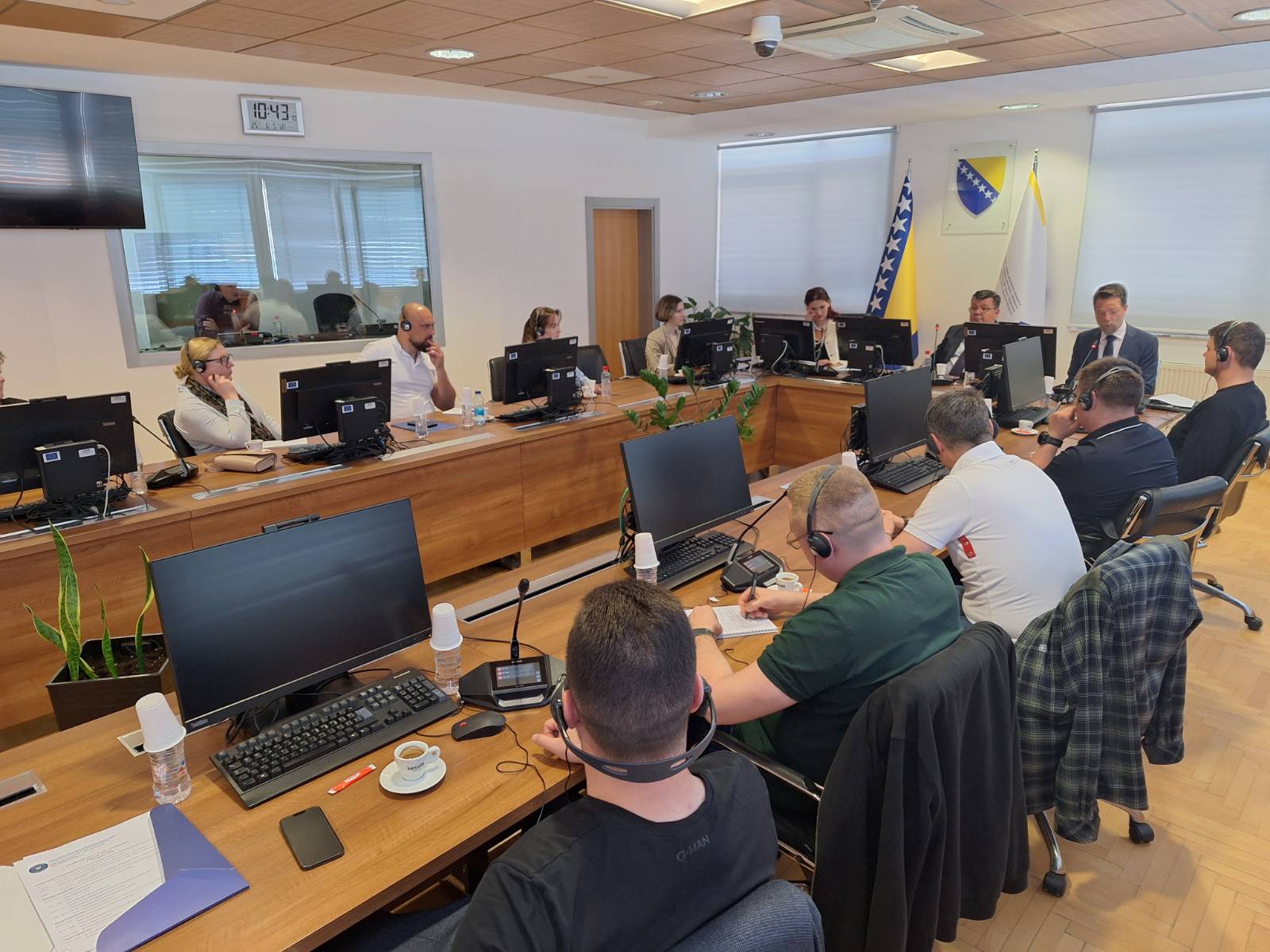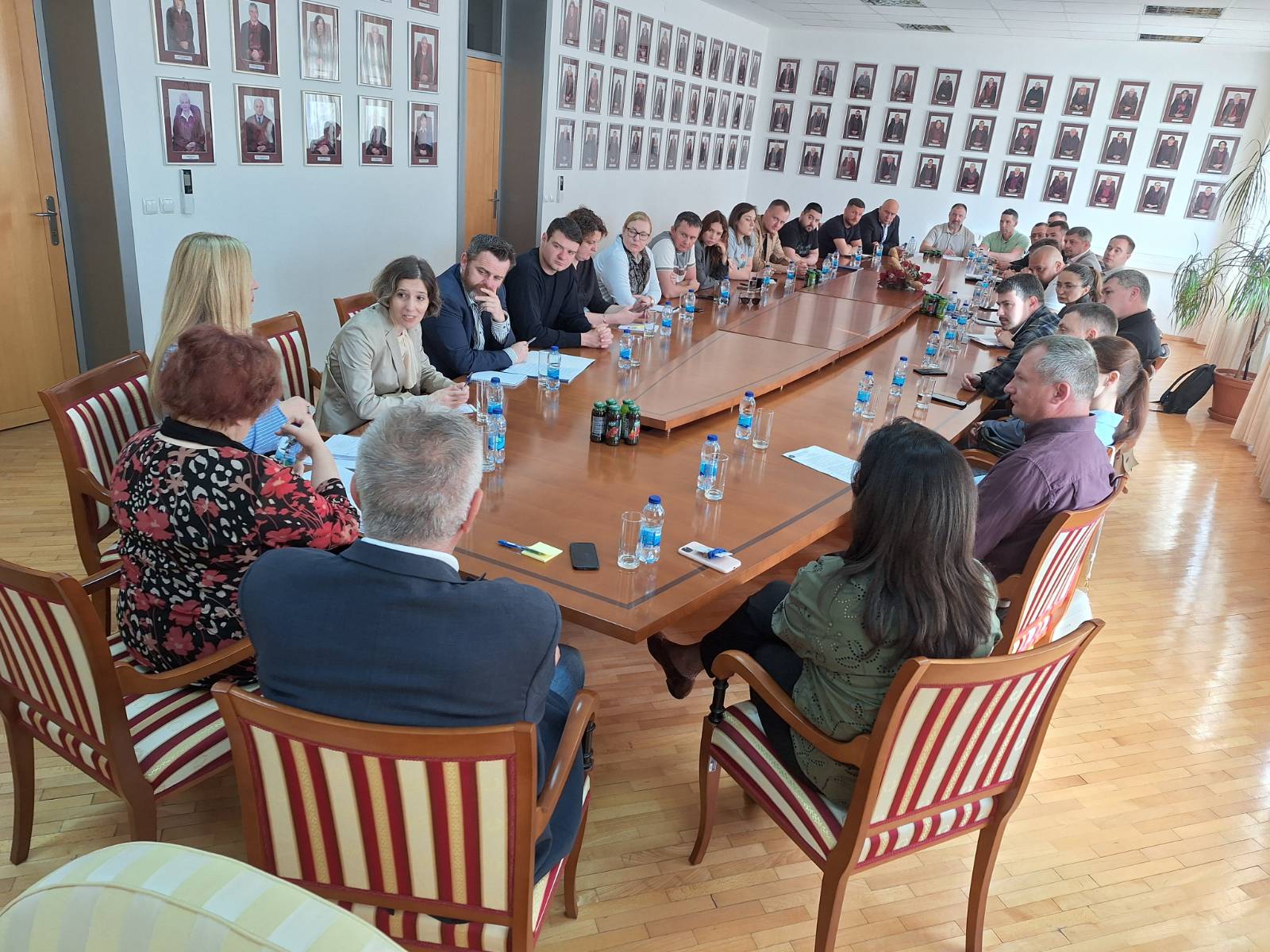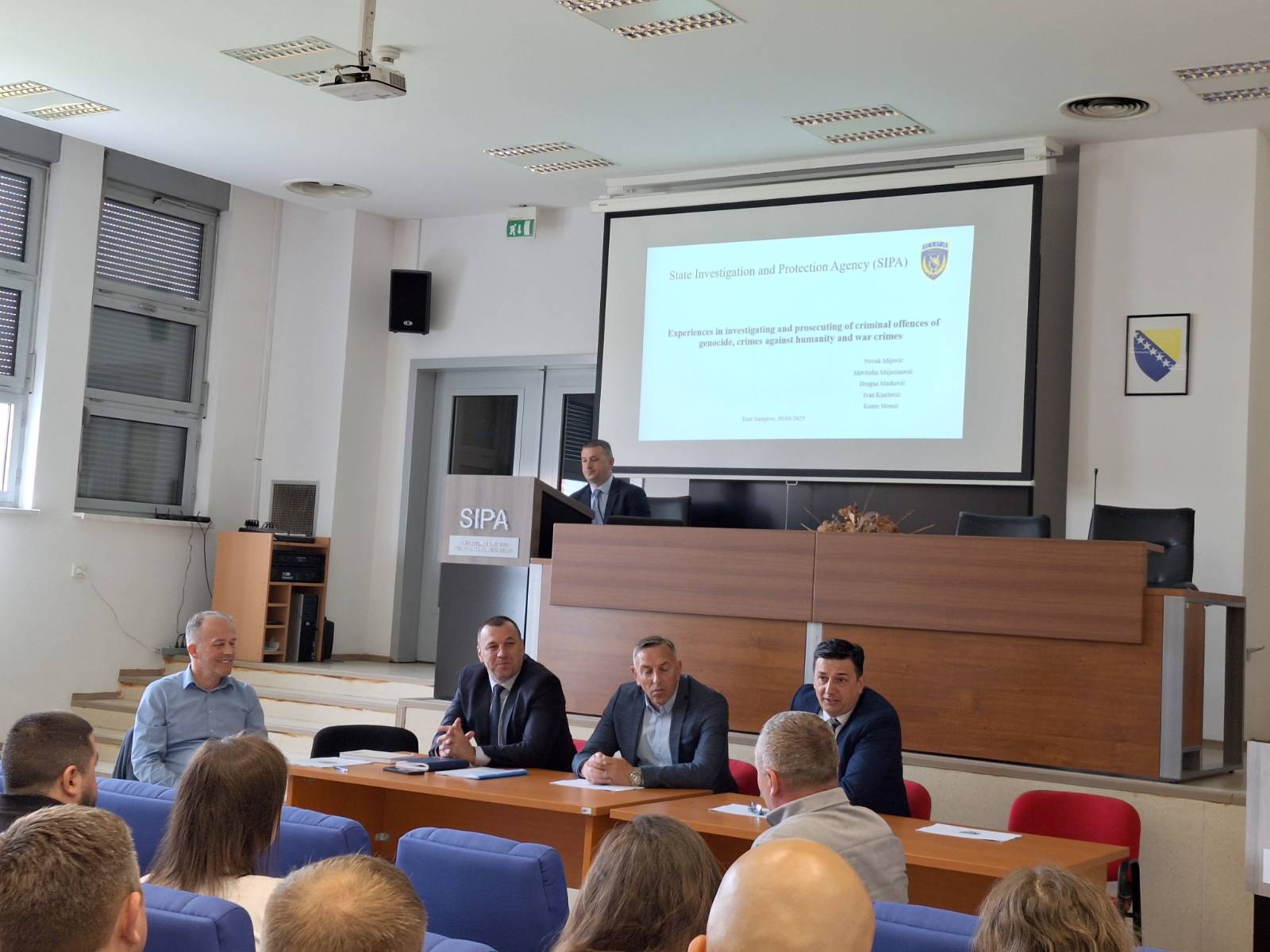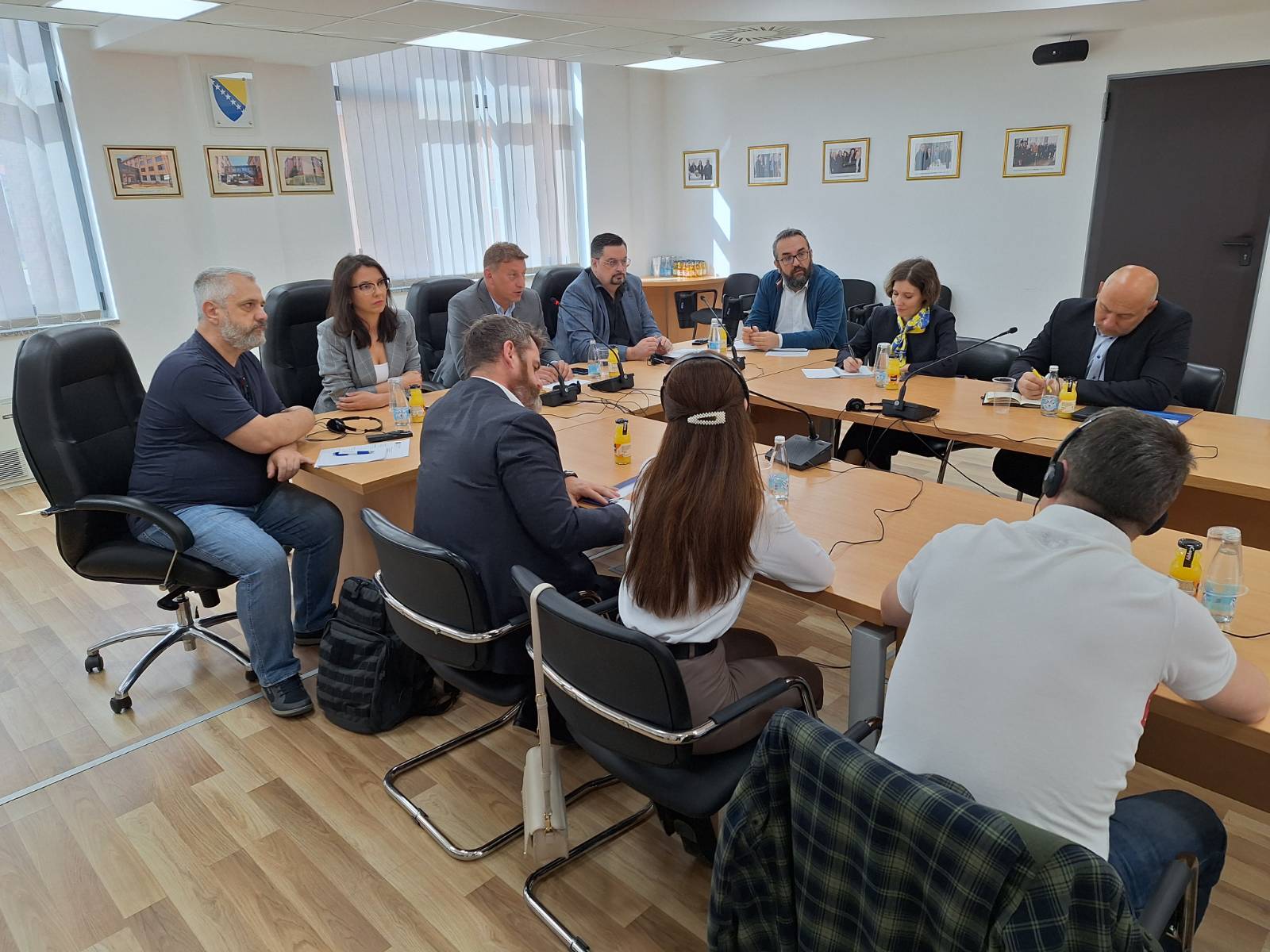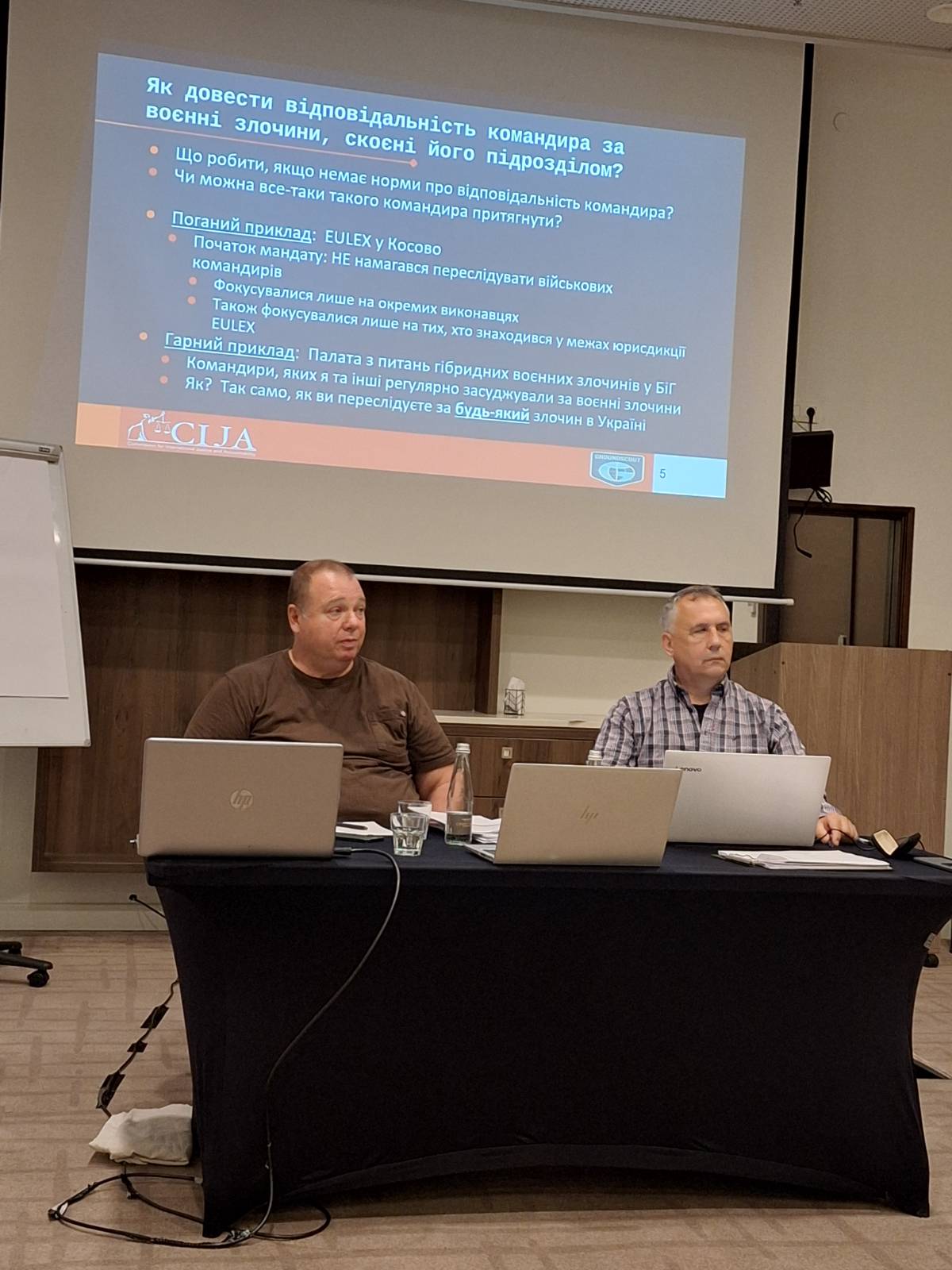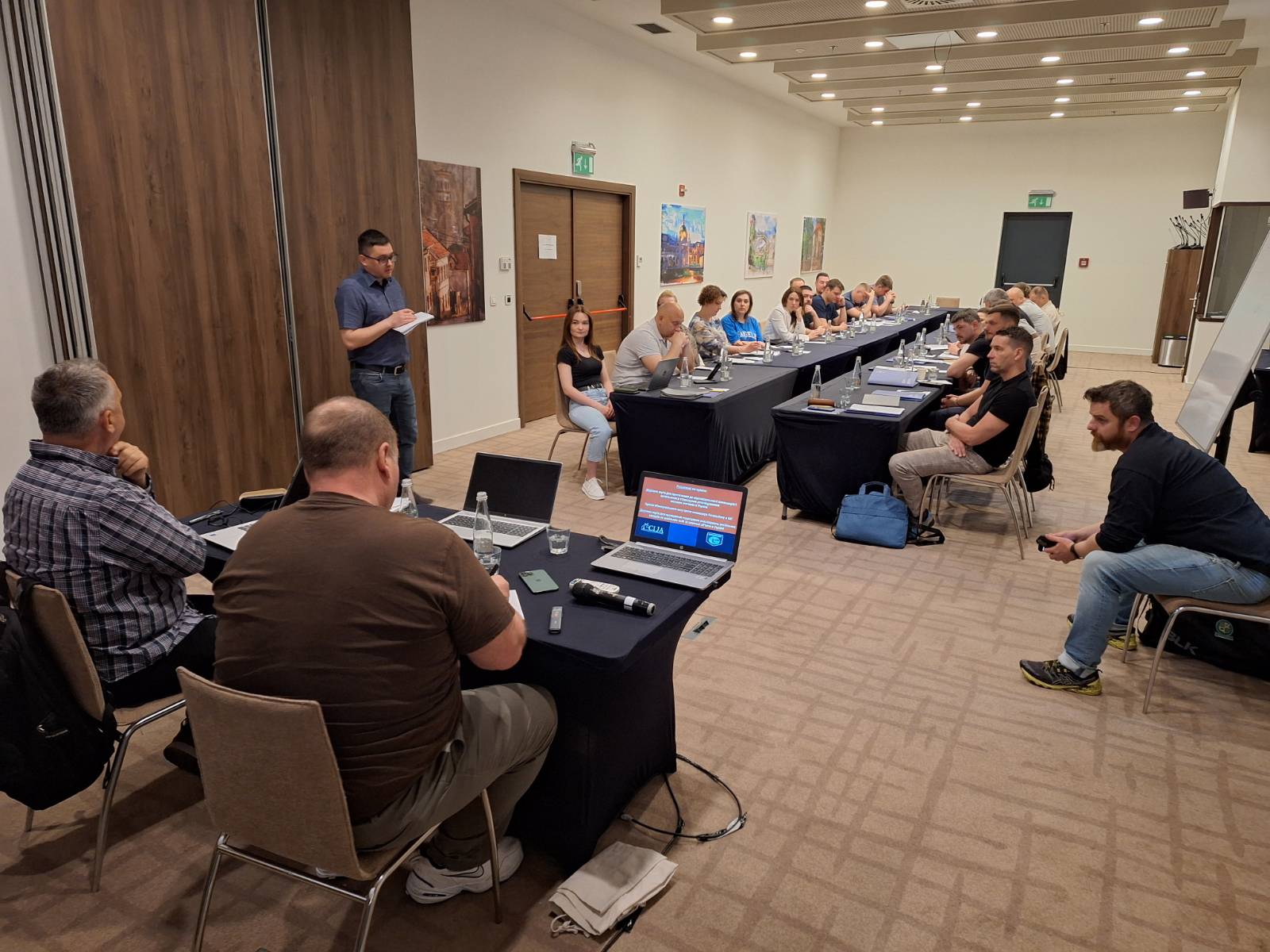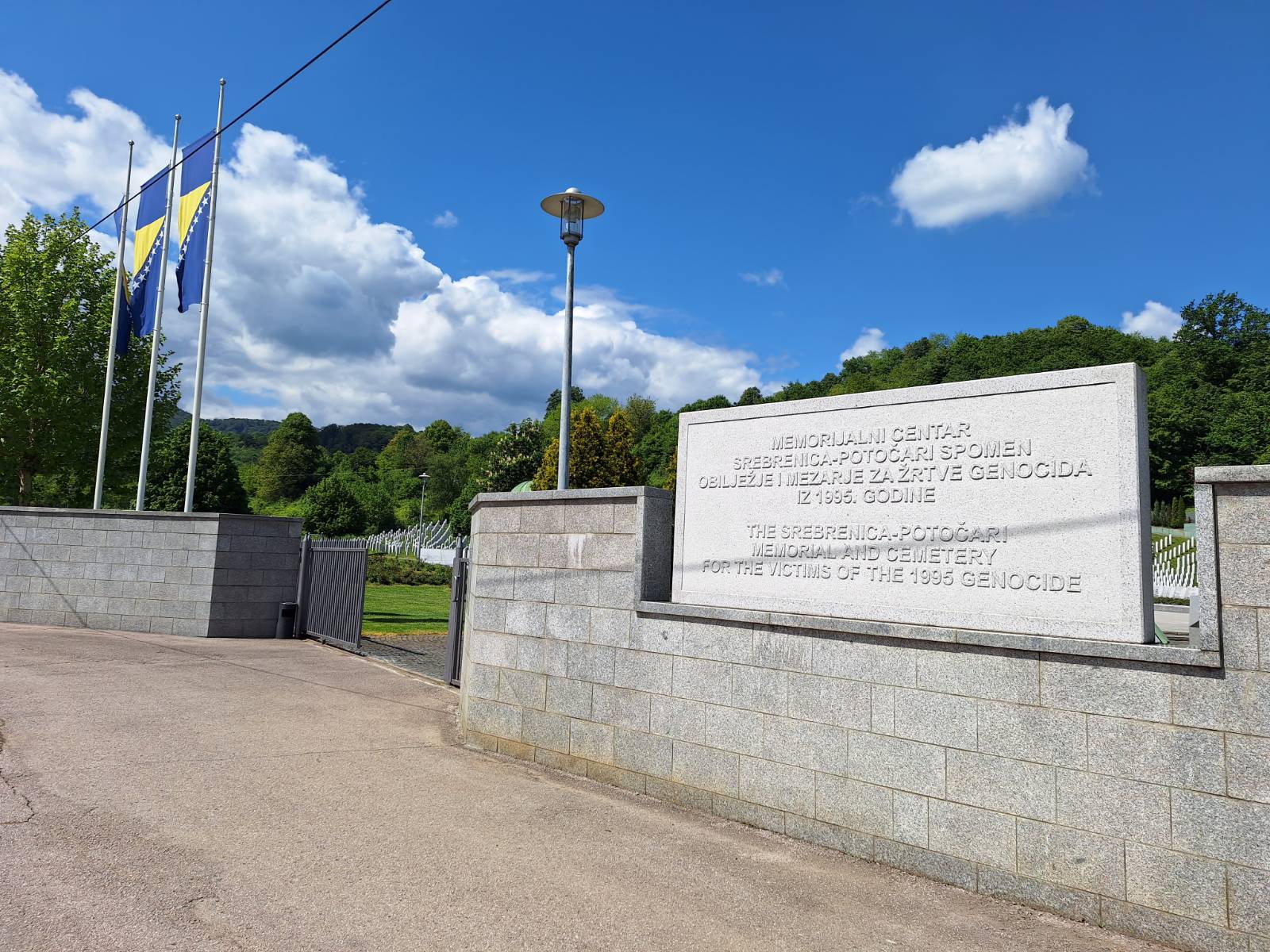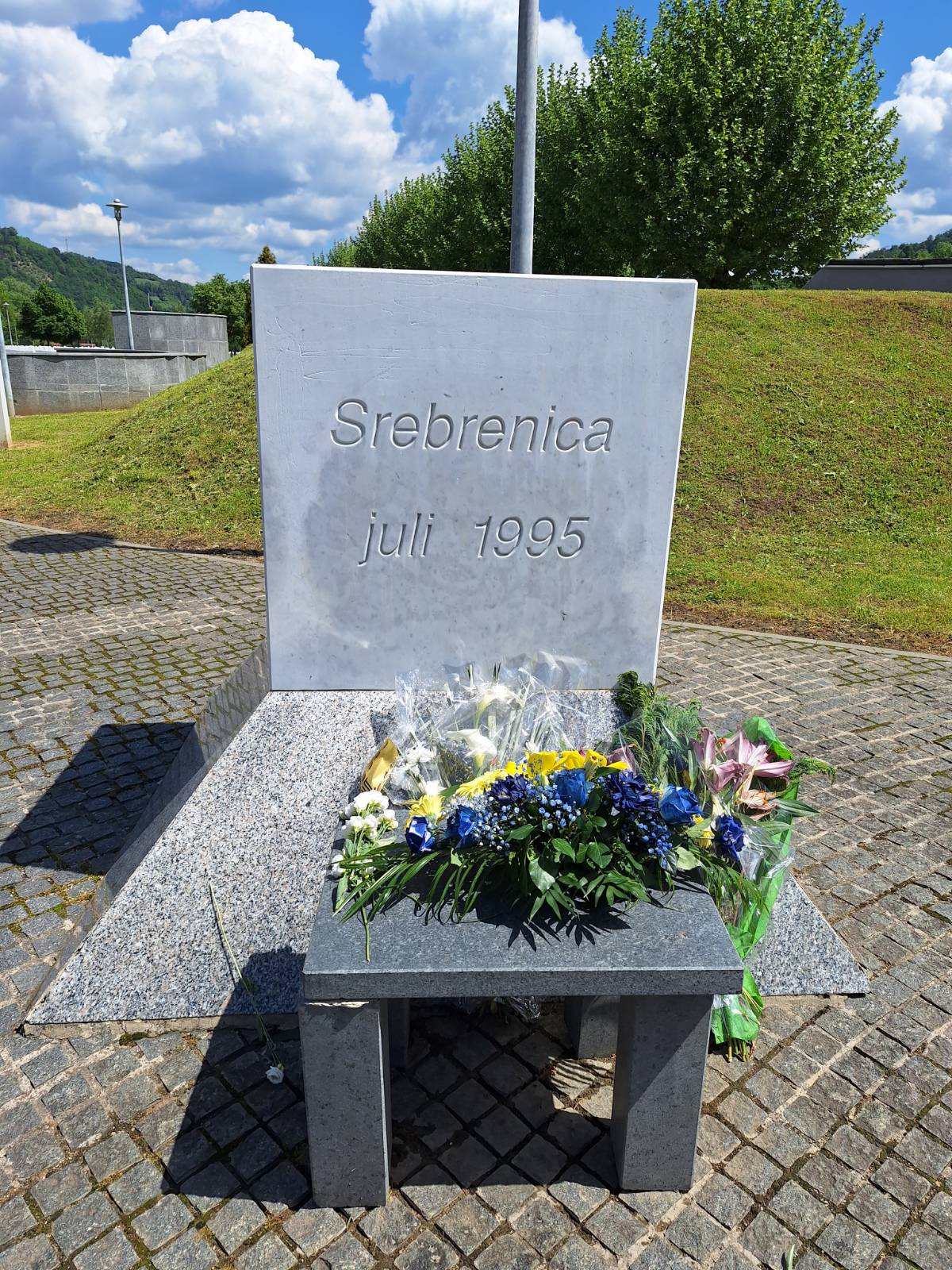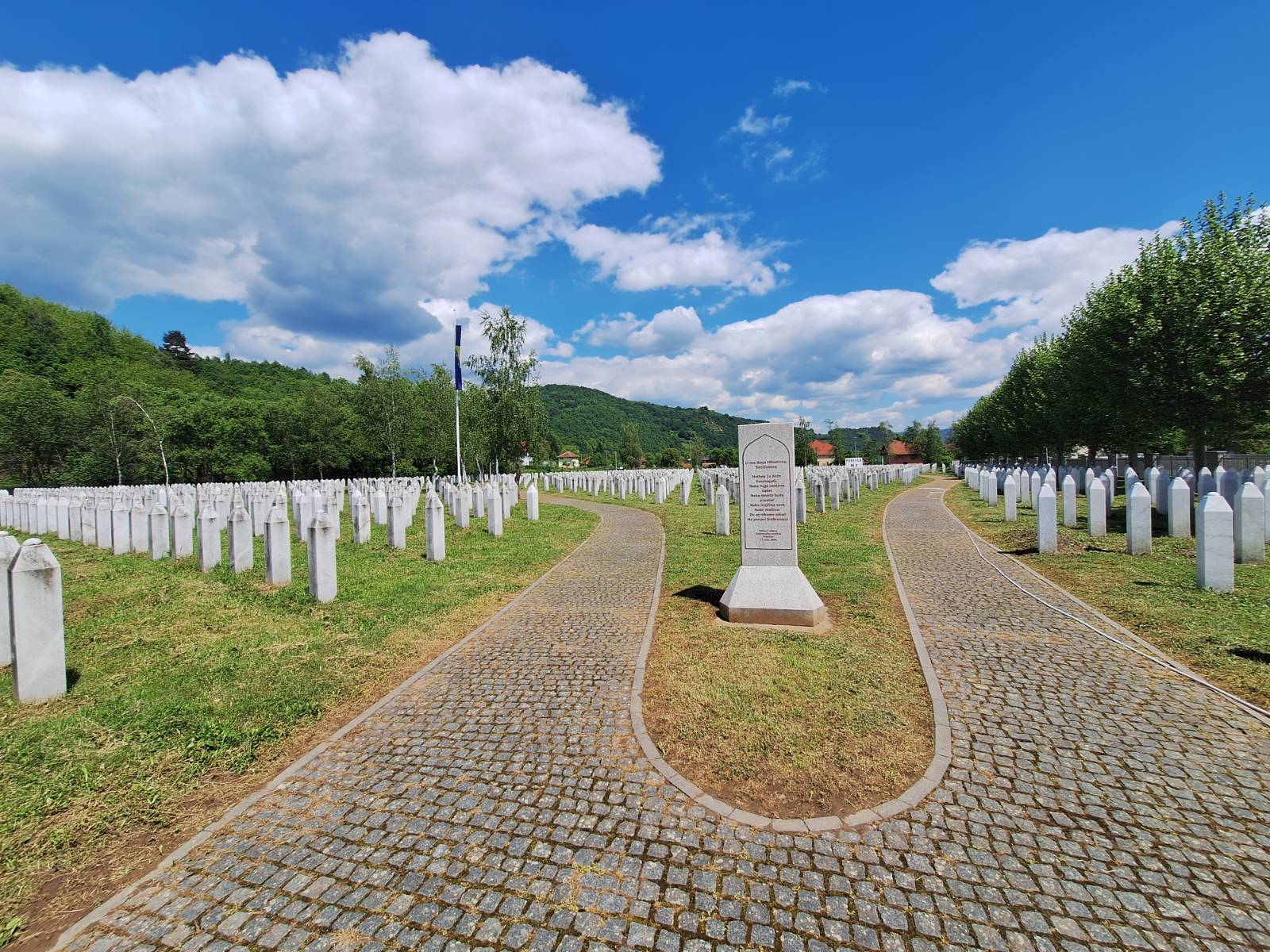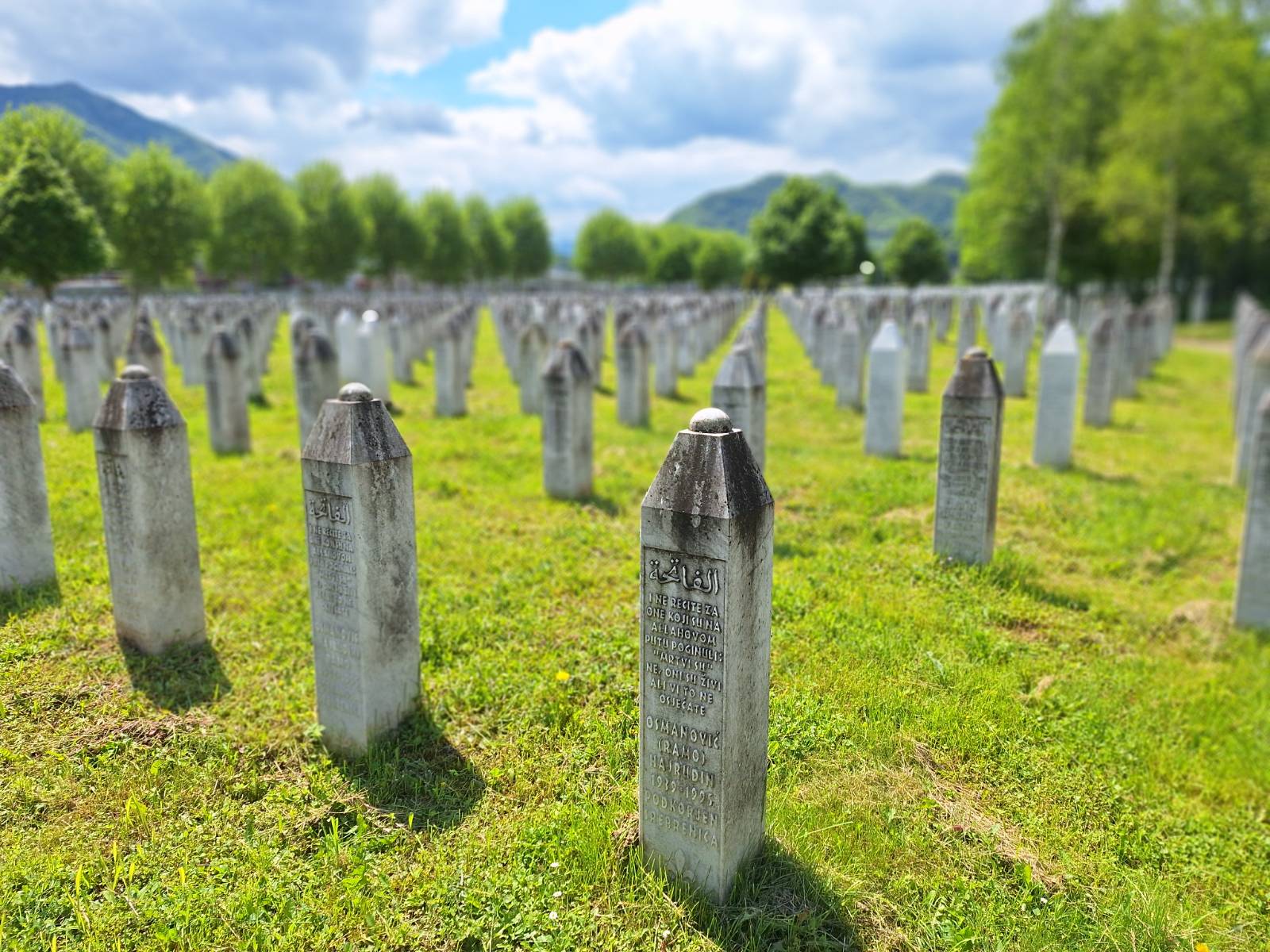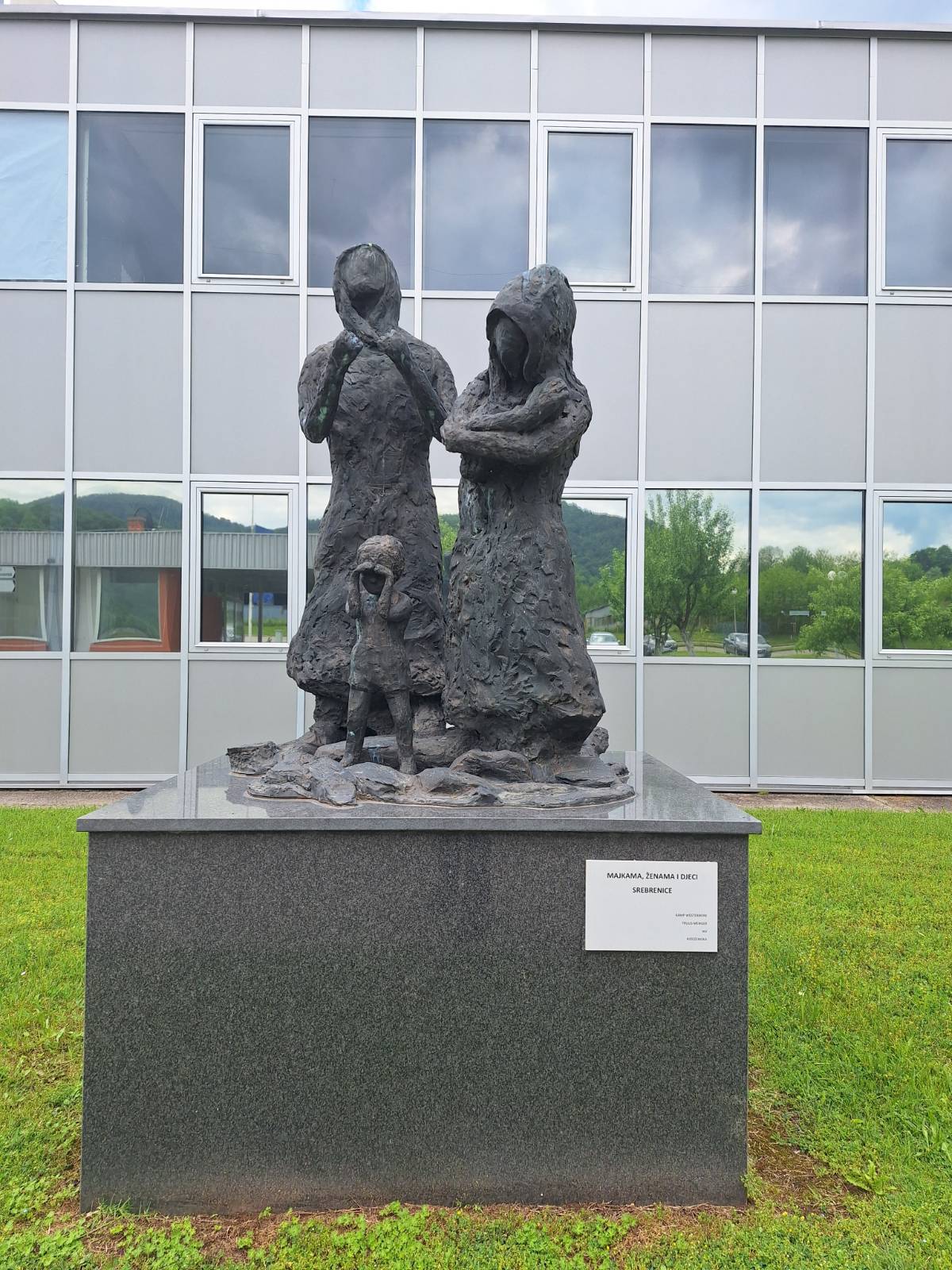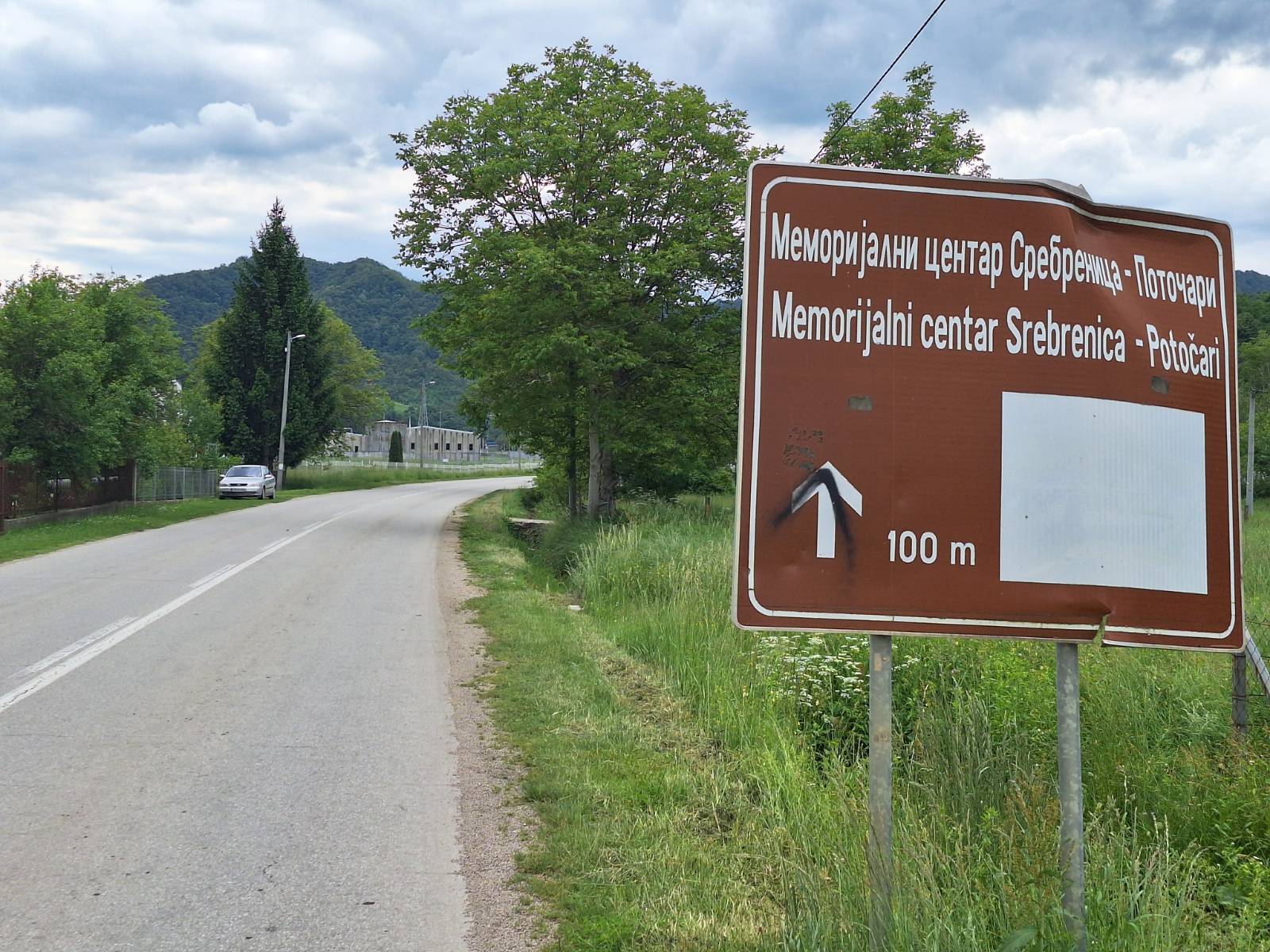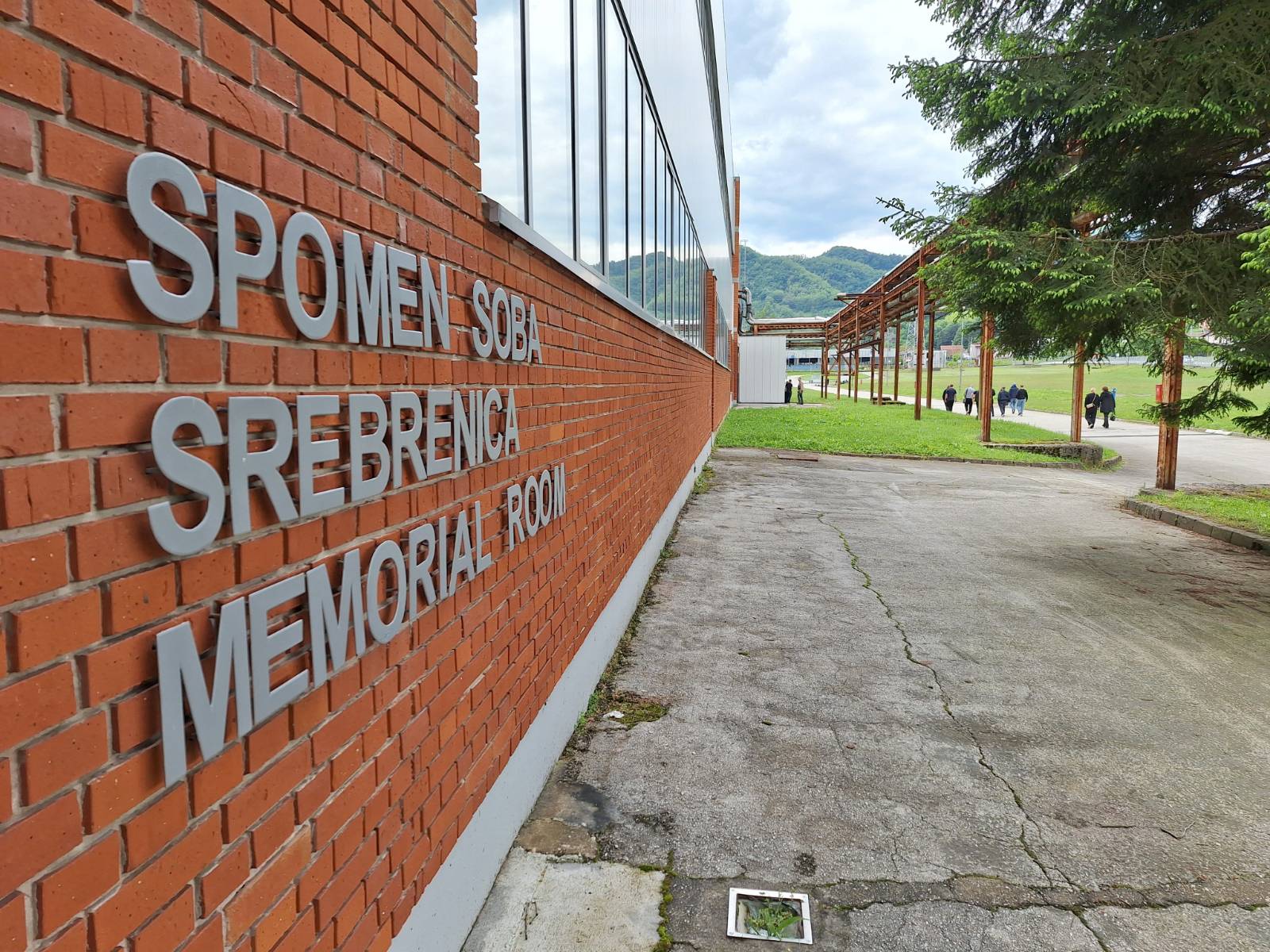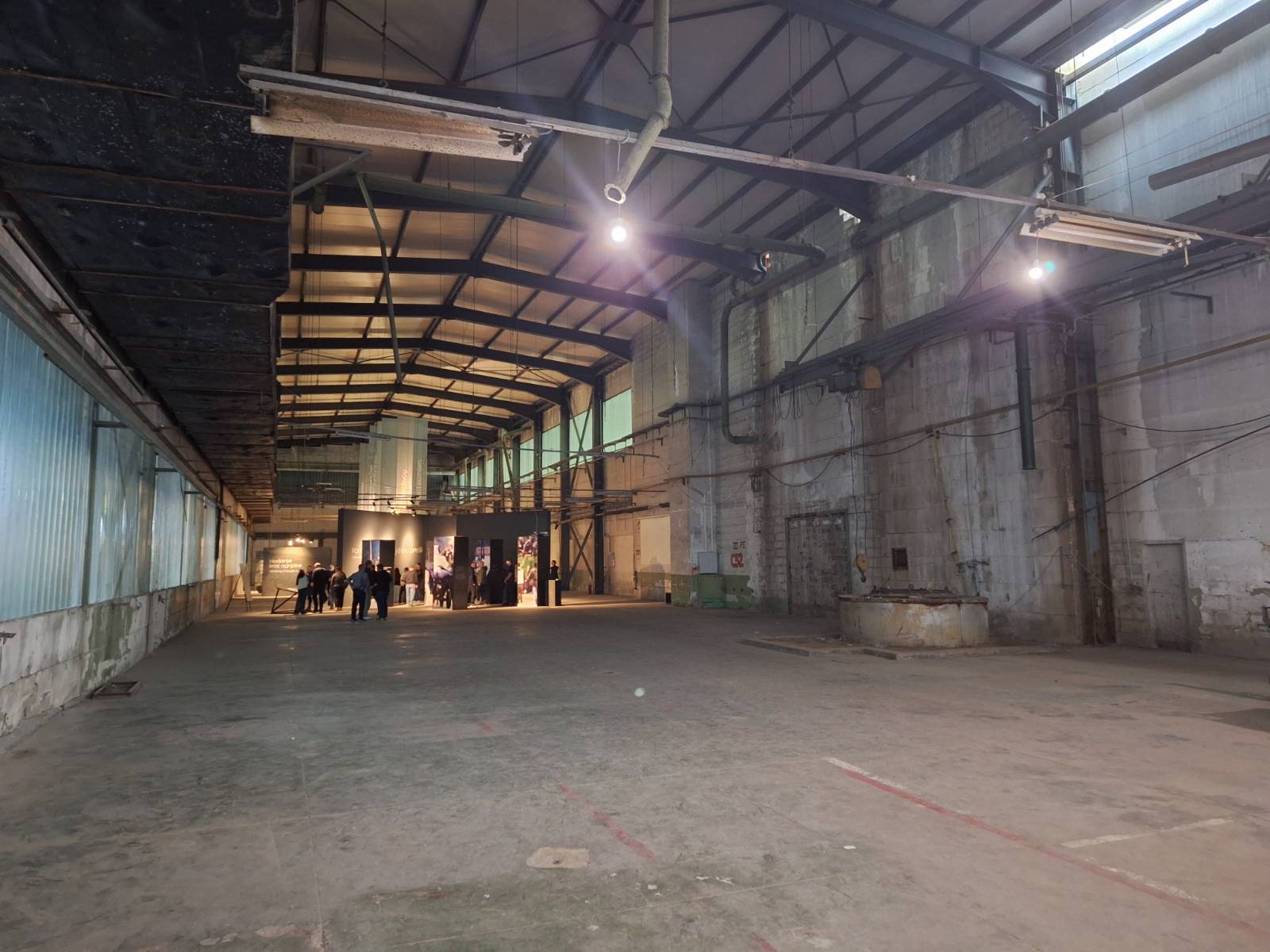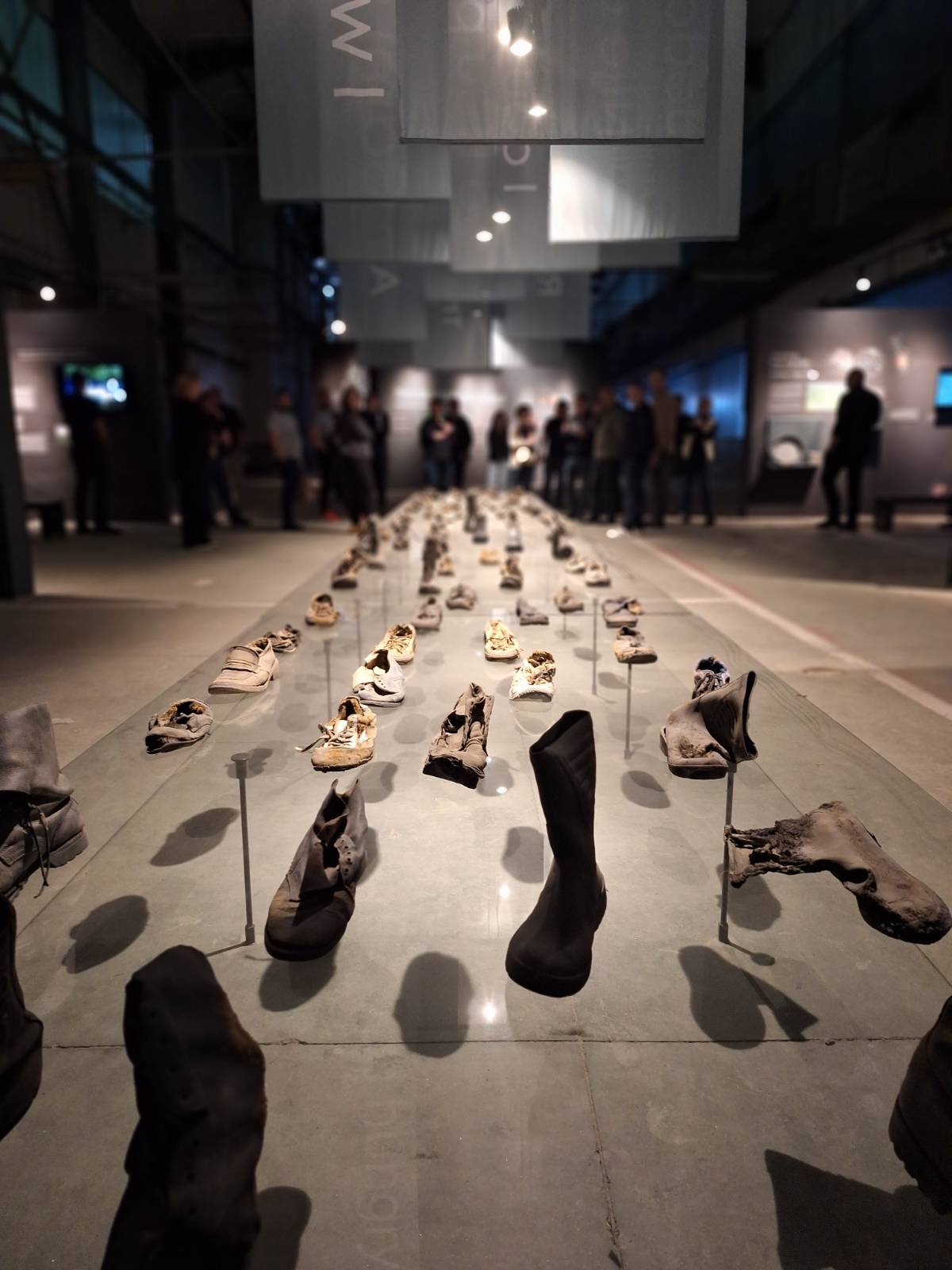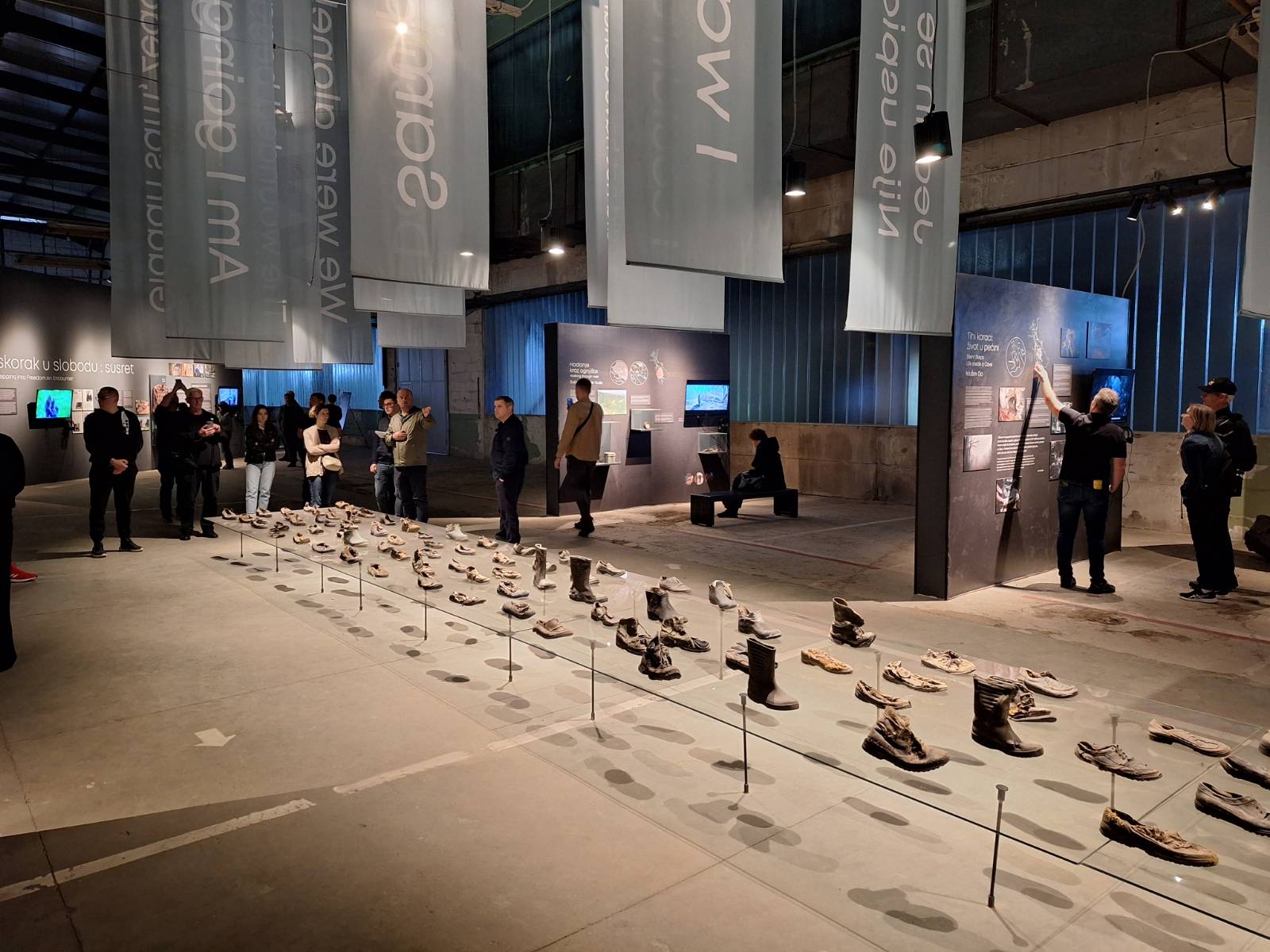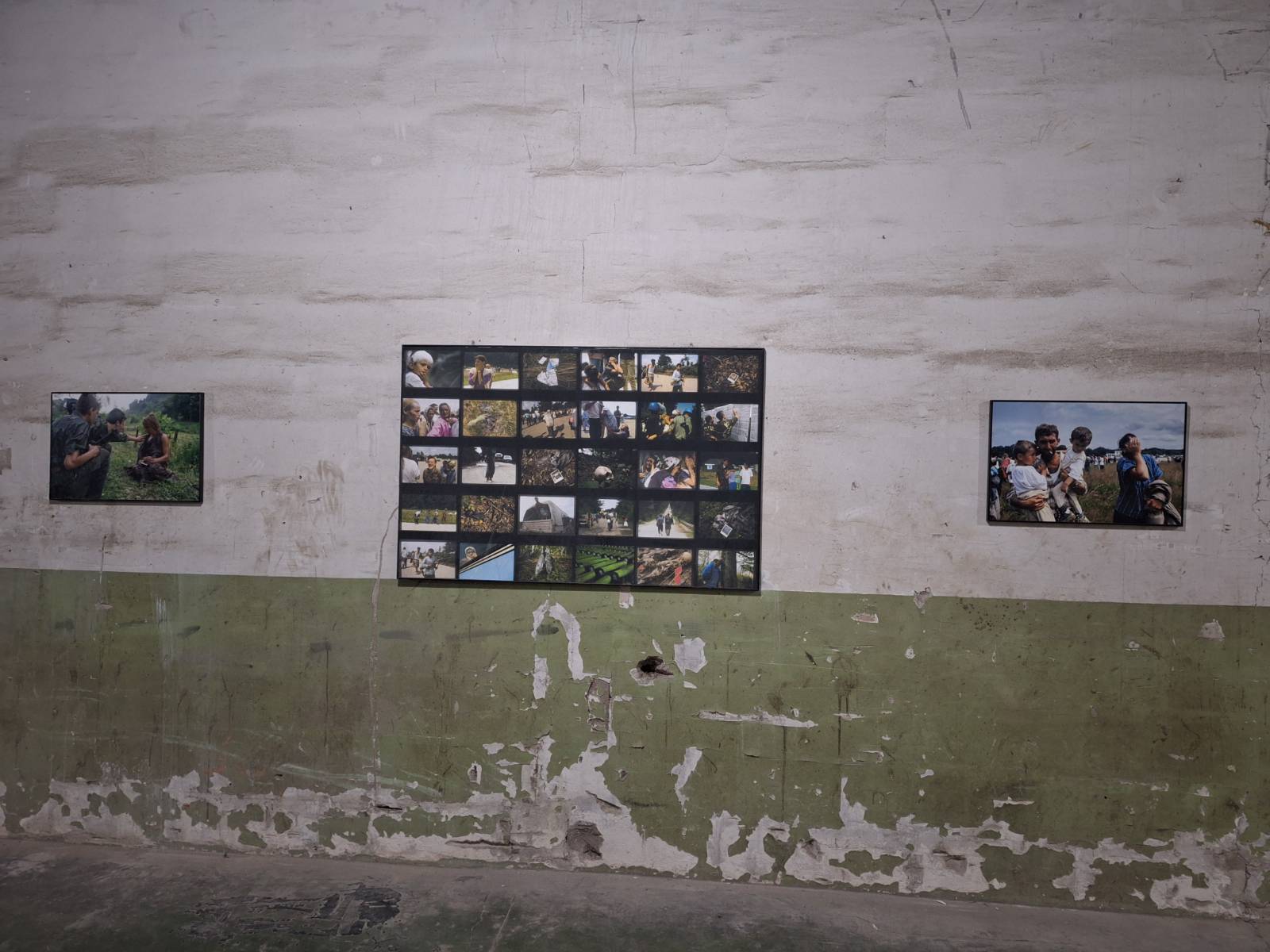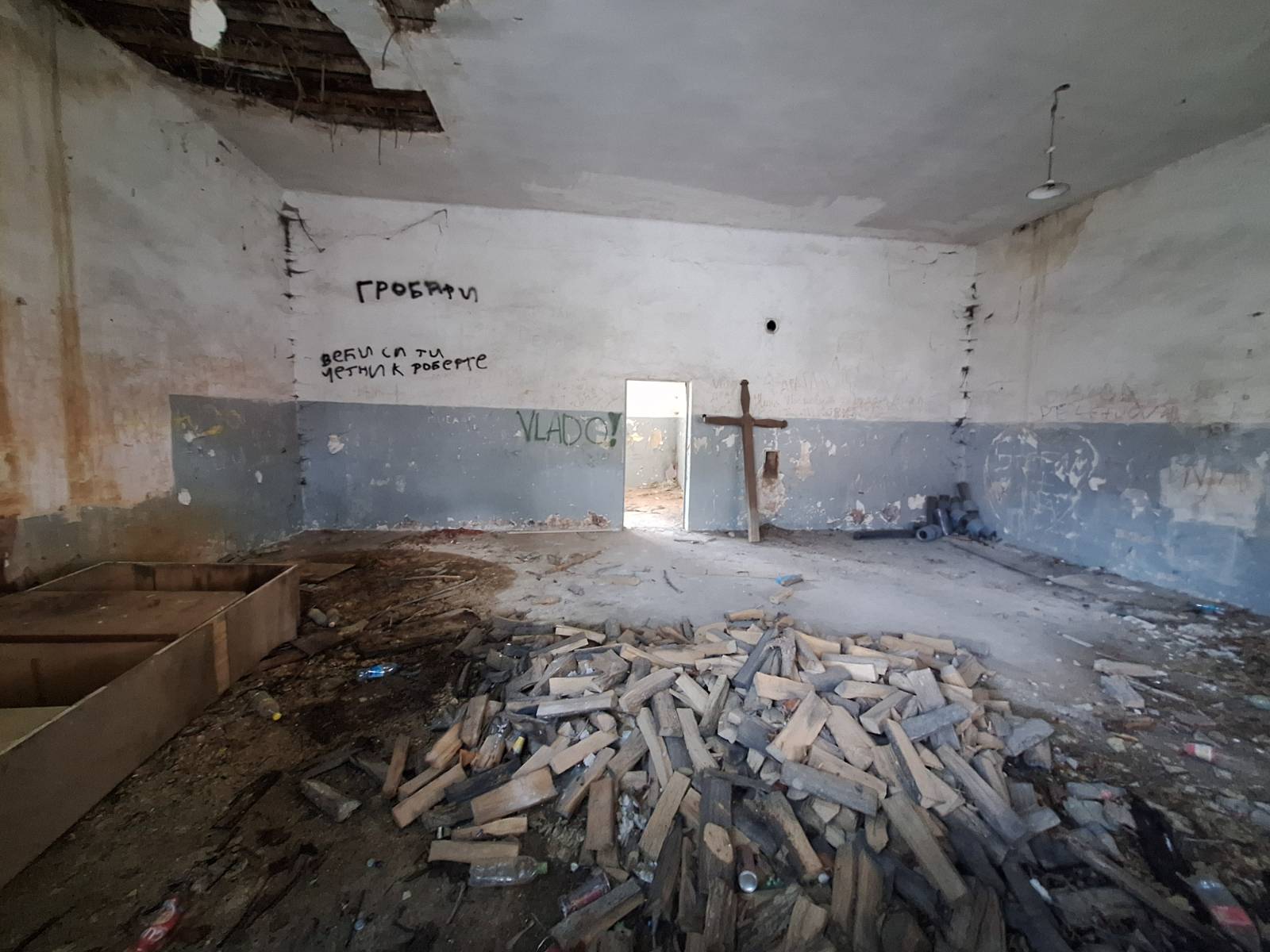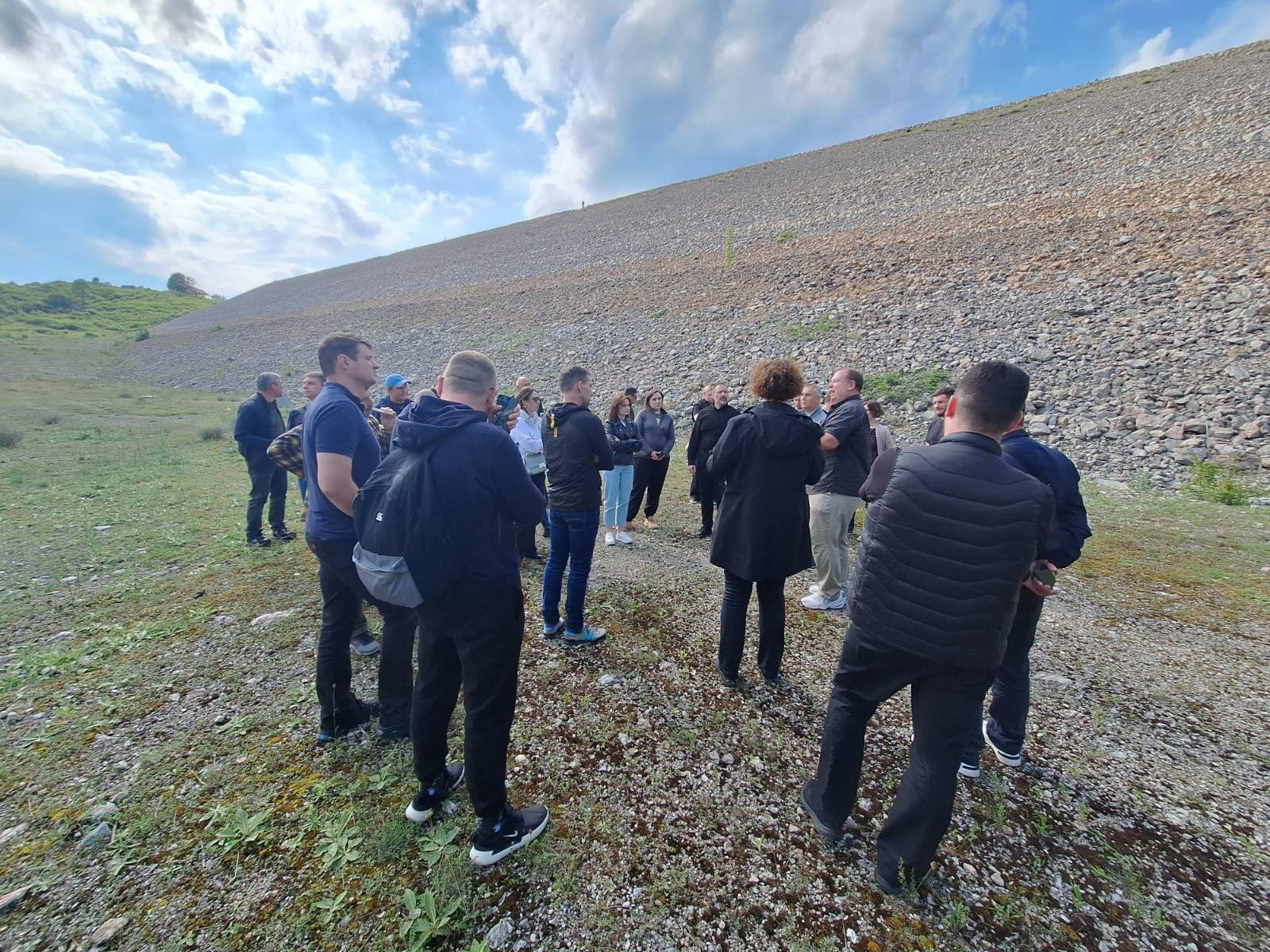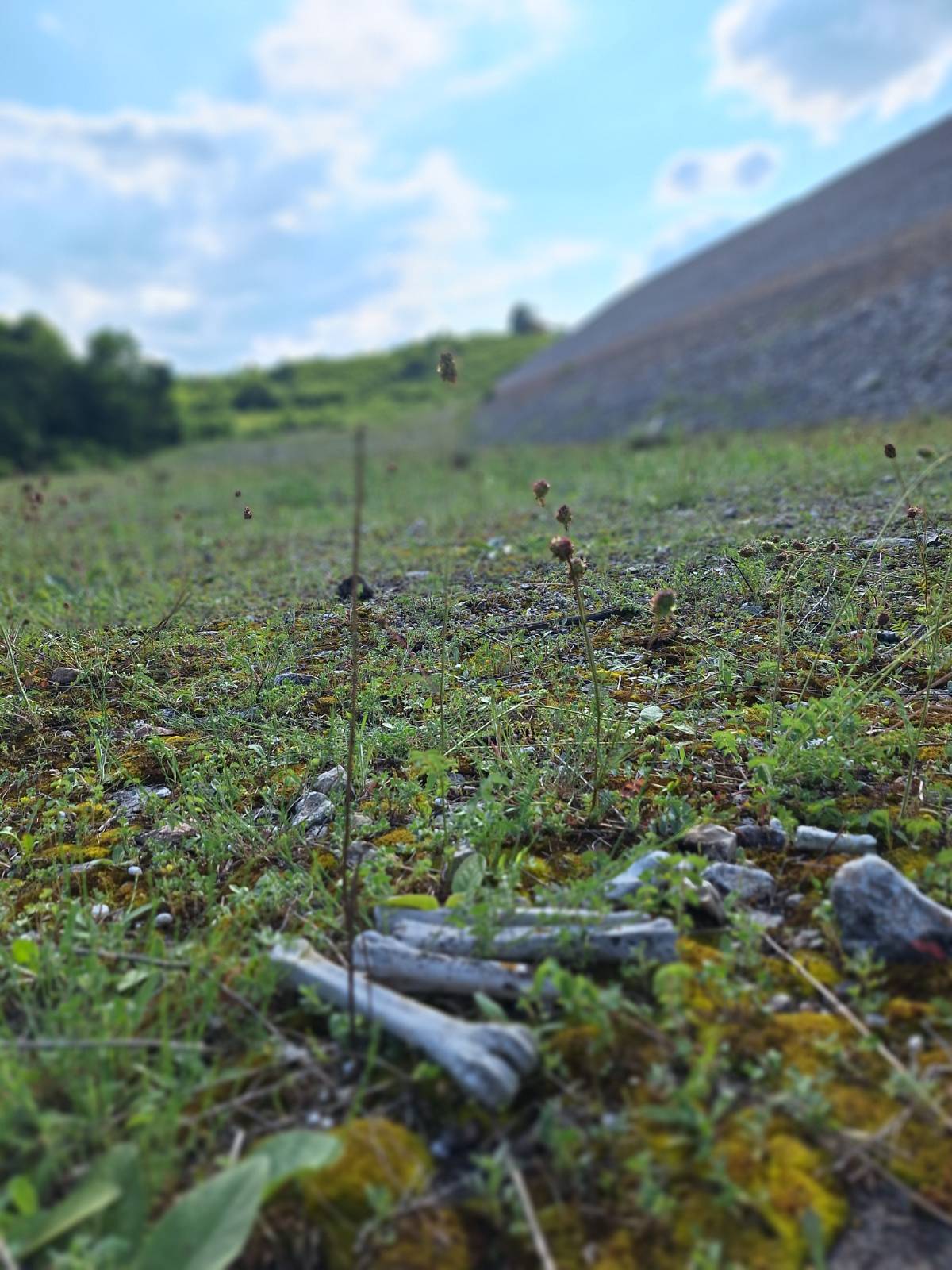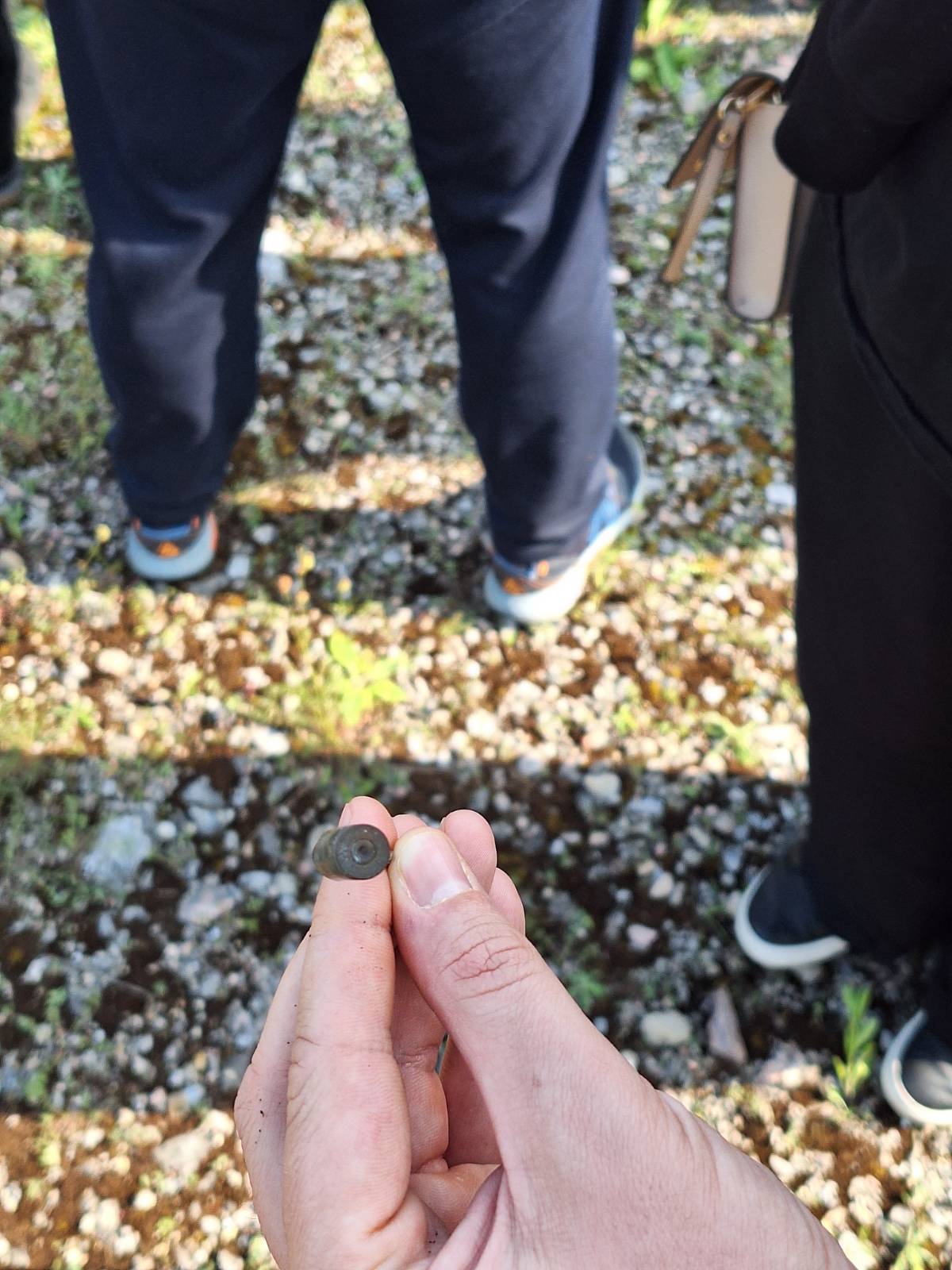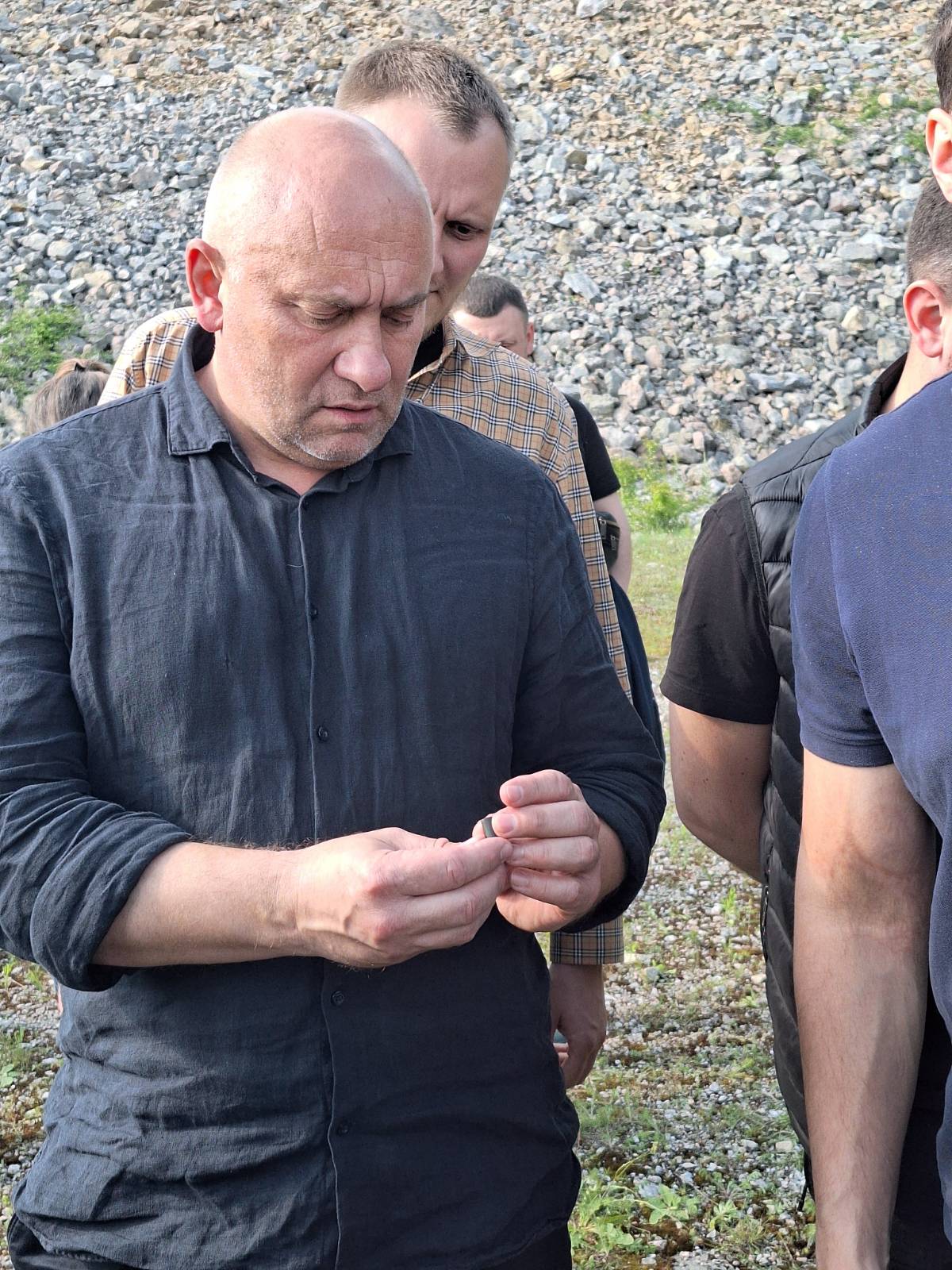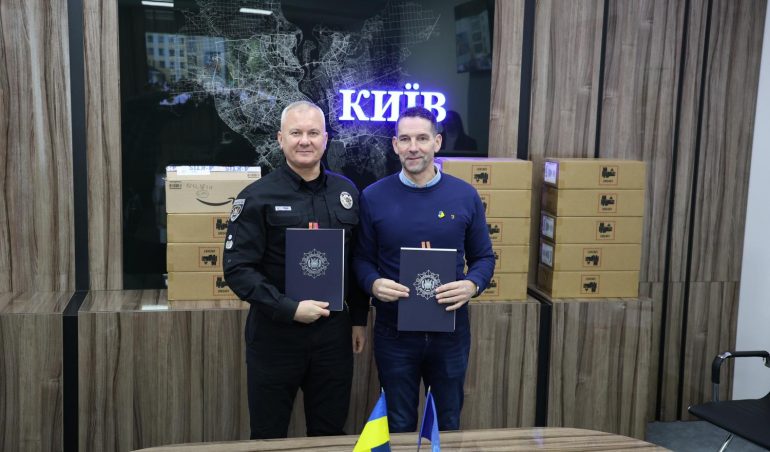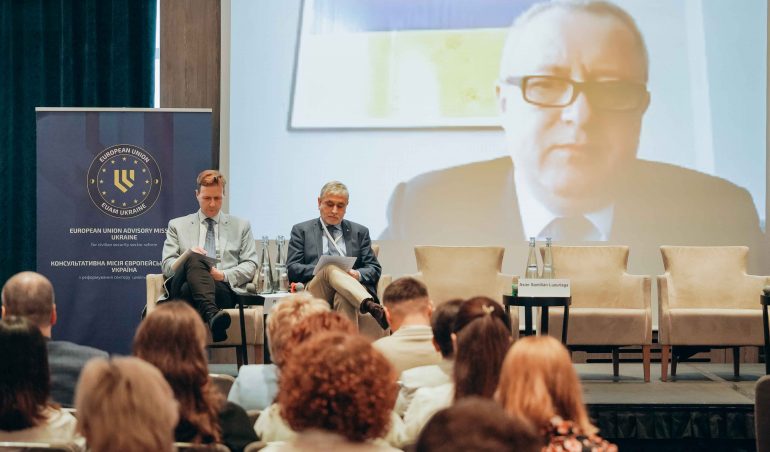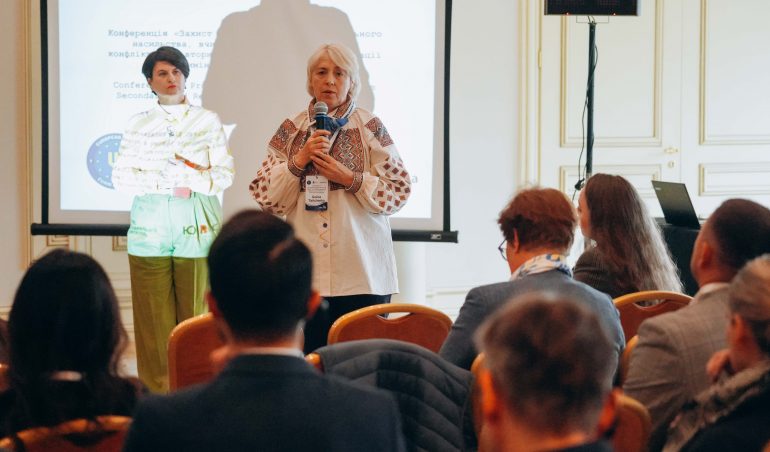Ukraine Looks to Bosnia’s Experience in the Investigation and Prosecution of International Crimes
May 22, 2025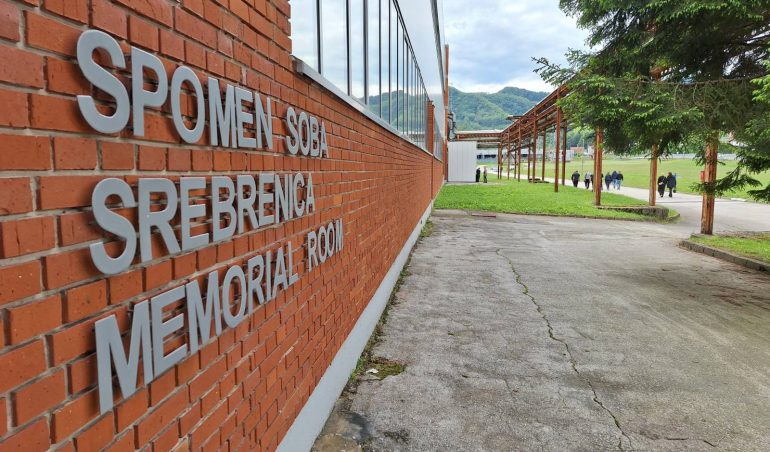
Ukraine is racing to secure justice for war crimes committed during Russia’s war of aggression. Bosnia and Herzegovina (BiH)—where prosecutors have completed nearly 800 such cases and counting since the mid-2000s—shares its experience.
From 2 to 11 May, EUAM Ukraine led a study visit to Sarajevo and the Srebrenica region, bringing together Ukrainian prosecutors, investigators and representatives of the Ukrainian training institutions. The primary purpose of the visit was to share and explore the specific challenges associated with investigating international crimes, particularly learning from the conflict in BiH and applying these lessons in a domestic setting.
Bosnian counterparts shared what it took to prosecute crimes committed during the war, from collecting evidence and identifying human remains to confronting legal hurdles like command responsibility and modes of liability.
For Ukrainian participants, it was an opportunity to speak directly with those who investigated and prosecuted cases of war crimes, crimes against humanity and genocide, handled missing persons cases, and coordinated with international agencies to find fugitives and issue cross-border legal orders.
The visit underscored four main outcomes. Evidence must be gathered without delay—time only makes it harder. Prosecutors and investigators are most effective when they work closely together. Prioritisation of cases, meaning that resources should focus on the investigation and prosecution of cases in a structured and planned fashion. And that the vast majority of international crimes cases will be investigated by domestic authorities and prosecuted before domestic courts.
“Ukraine is dealing with an overwhelming number of international crimes cases, and our Ukrainian colleagues are investigating these cases while the war is still ongoing. Hearing directly from those who have been through this process, from gathering evidence to seeing a verdict in court, is incredibly useful. Most importantly, it gives hope not only to investigators and prosecutors, but also to victims and survivors, that justice can be achieved and accountability for international crimes is possible,” says Aonghus Kelly, the EUAM’s Head of International Crimes Legal Unit.
What comes next? Ukrainian prosecutors and investigators say the visit has already sparked new thinking about how to move forward, how to adapt BiH’s lessons to the Ukrainian context, how to learn from the mistakes made in BiH and how to build a system that can deliver justice not only in the near term, but for years to come.
We sincerely thank all our partners in BiH who made this visit possible — from justice institutions and law enforcement to civil society and international organisations. In particular International Criminal Justice Initiative – Georgetown Law and Irisa Čevra; Court of Bosnia and Herzegovina; Prosecutors Office of Bosnia and Herzegovina; Ministry of Justice of Bosnia and Herzegovina; The Criminal Defence Department (OKO); State Investigation and Protection Agency (SIPA); The Intelligence-Security Agency of Bosnia and Herzegovina (OSA-OBA); Supreme Court of the Federation of Bosnia and Herzegovina; Prosecutors Office of the Federation of Bosnia and Herzegovina; OSCE Mission in Bosnia and Herzegovina; Trial International; Srebrenica-Potočari Genocide Memorial and Cemetery; The Mothers of Srebrenica; The Border Police of Bosnia and Herzegovina; Ministry of Interior of Republika Srpska; Ministry of Interior of the Federation of Bosnia and Herzegovina; Police of Brčko District of Bosnia and Herzegovina.


